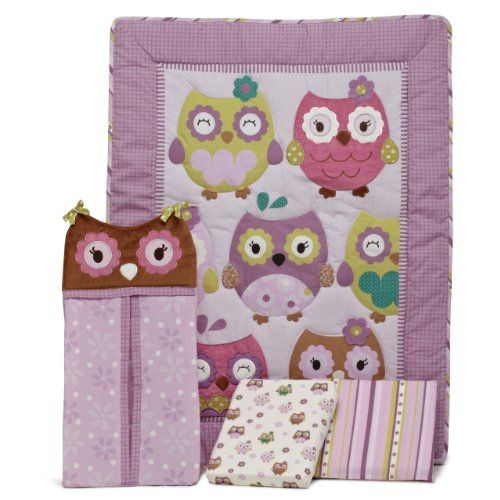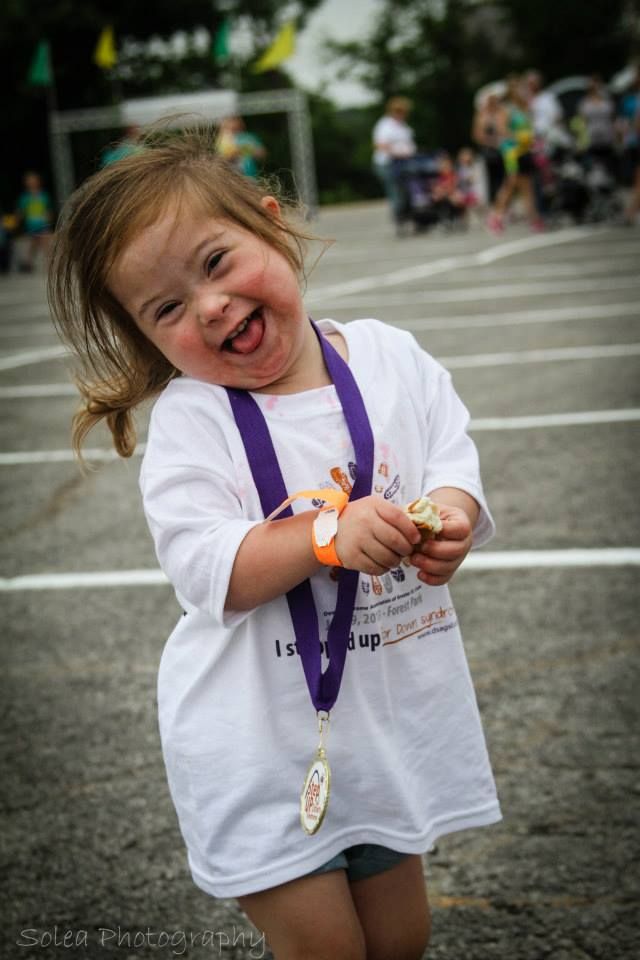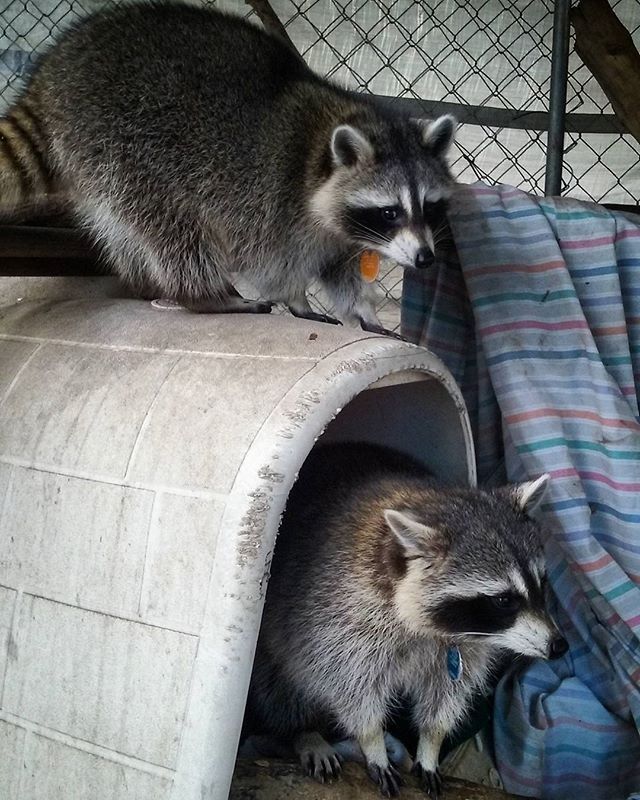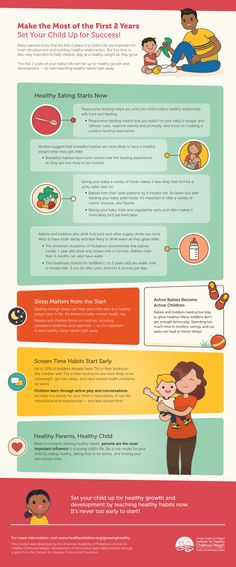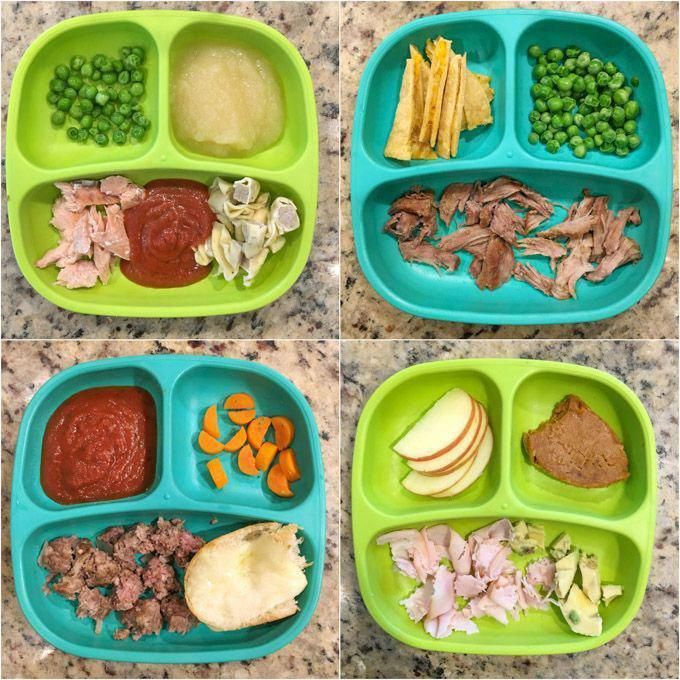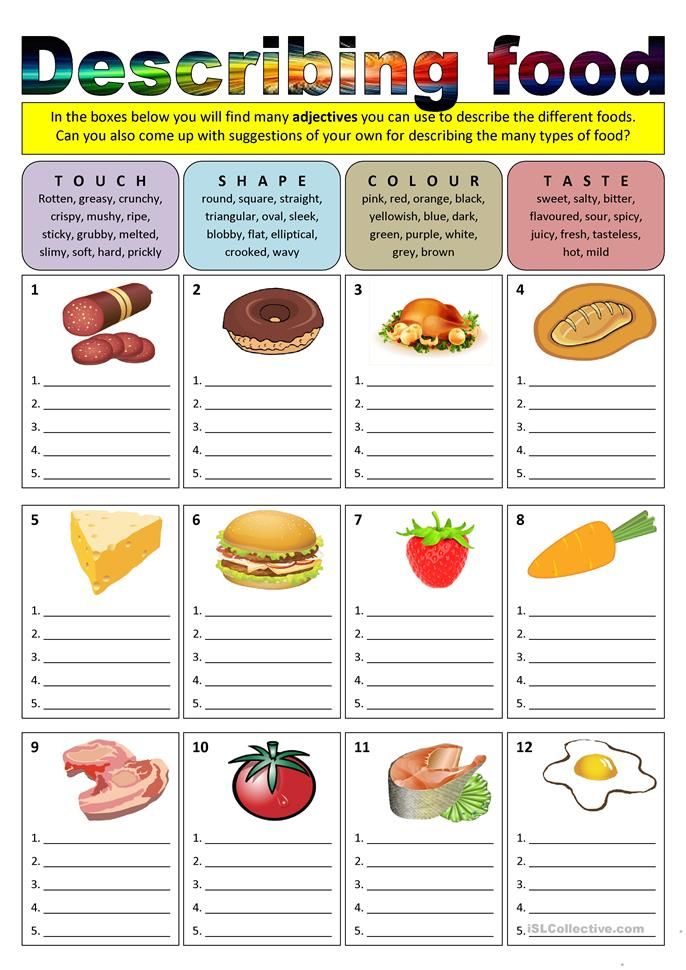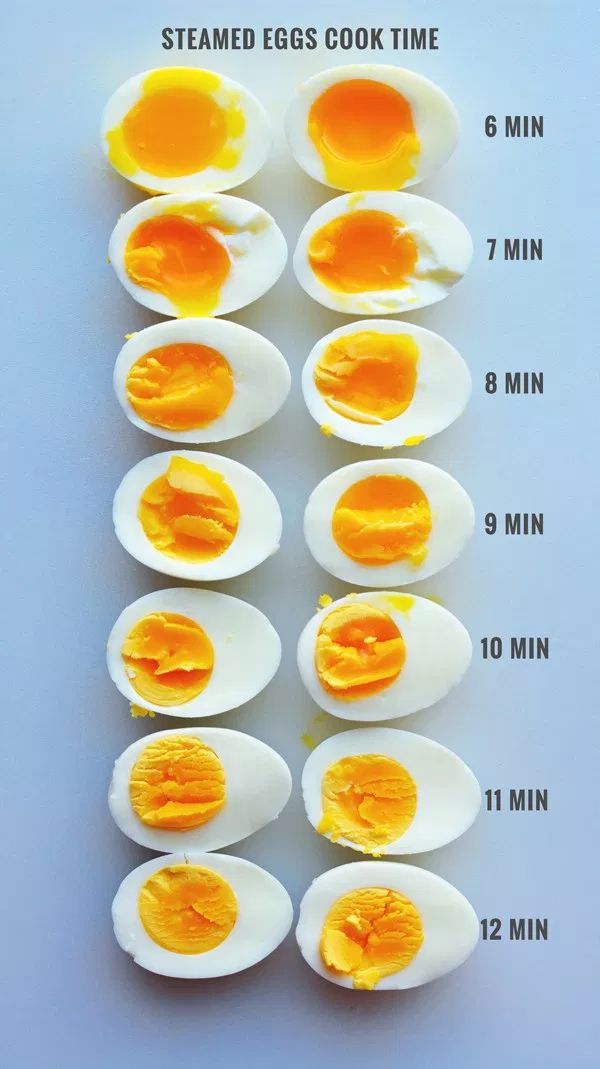When should my baby feed herself with a spoon
When to Introduce a Spoon to Baby
Learning how to self-feed is an important milestone in your baby’s development. The messy, but fun, process of teaching your baby how to use a spoon will be the next step in your baby’s journey to self-feeding.
Teaching your baby how to self-feed is going to be a messy process, but will be worth it in the long run. Your baby's motor skills and development will benefit from learning how to self-feed so it is important to encourage this process to your baby. As you begin to approach the age where your baby is ready to start learning how to self-feed, here is everything you should consider.
Where To Start
Finger Feeding
Before you start to think about introducing a spoon to your baby, you first will want to make sure your baby has been introduced to finger foods. This first step will help your baby begin to develop their motor skills which are necessary to have before figuring out how to use a spoon.
Beginning with finger foods, start with soft foods that you can easily smash with your fingers. This will be the safest and easiest place to start for your baby. Foods such as soft cooked noodles, cut bananas, or steamed veggies are all a good place to begin. Choosing foods that can be cut up into bigger chunks will also make it easier for your baby to be able to pick up.
If you have only been feeding your baby soft foods and purees on your own, you should wait to introduce a spoon until after you have introduced finger foods. At around 12 months, most babies should be feeding themselves finger foods. It is around this stage that you can start to introduce a spoon.
Next Step: Introducing the Spoon
Now that your baby has gotten comfortable with finger feeding, you can take the next step on the self-feeding journey by introducing their first utensil, a spoon. The CDC recommends waiting to introduce a spoon to your baby until they are around 10-12 months old. However, there is no specific age or time that your baby should developmentally be using a spoon. There are many factors that can have an influence on the timing of your baby learning to use a spoon.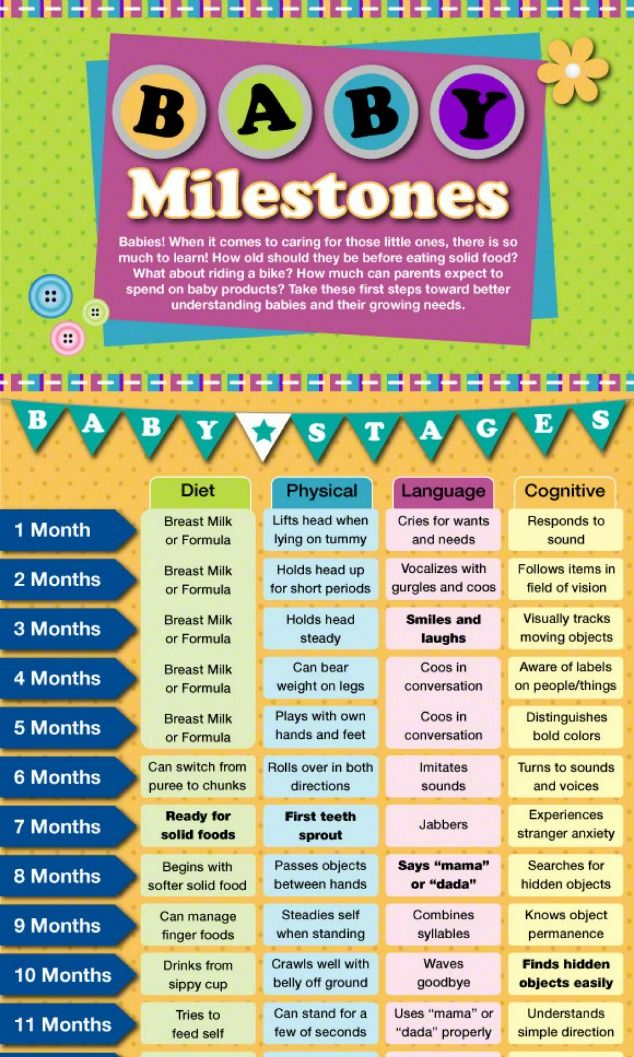
- Fine motor skill development
- Interest in eating independently
- Time they have been eating solid foods
- First introduced to finger foods
These are all factors that can influence when your baby starts to use a spoon to self-feed. Every child is unique so do not worry about whether or not your baby is successfully learning to use a spoon. They will get there eventually!
Signs They Might Be Ready
It can be tricky to know whether or not your baby is ready to take the next step in their development. One sign that your baby is likely ready to start using a spoon on their own is with their body language. Infants typically will turn their heads and clamp their mouth to signal they are full, after the meal. The opposite holds true as they get older. Toddlers will often start to get fussy or throw a tantrum before a meal. If you are noticing that they are appearing disinterested in the spoon you are trying to feed them, let themselves give it a try. This might be their way of telling you they are ready to be more independent.
This might be their way of telling you they are ready to be more independent.
Learn more from Pediatrician Dr. David Hill from the American Academy of Pediatrics about when your baby is ready for solids:
Expected Timeline
Depending on your baby, these milestones will be reached at different times than the families around you. However, here is a general guide to understanding when you should plan on your baby reaching these steps to independently self-feeding.
- 6 months: You can begin to start introducing finger foods to build your baby’s fine motor skills. Remember to choose foods that are soft and easy to squish to avoid any choking hazards.
- 12 months: Around their first birthday, your baby will likely begin showing an interest in using a spoon themselves.
 This is when you can begin letting your child feed themselves thick, soft foods like oatmeal, yogurt, or applesauce.
This is when you can begin letting your child feed themselves thick, soft foods like oatmeal, yogurt, or applesauce. - 15-22 months: Your toddlers should be able to start getting the hang of feeding themselves with a spoon. Around this time, you should also be able to introduce using a fork to feed themselves.
Every baby is different when it comes to reaching these developmental milestones. You should never focus too much on whether or not your baby is “on track.” With both time and practice, your baby will get there.
What are the Benefits of Self-Feeding?
Self-feeding is your baby’s first step to independence. In addition to the new confidence and sense of freedom your baby is experiencing, self-feeding is beneficial to their overall development in the following ways.
- Learning to grasp and hold things firmly
- Gaining hand-eye coordination (learning spatial awareness, strengthening their “visual motor skills”)
- Refining Sensory Process skills (the different textures and sensations of the food they are touching will help to build their sensory processing skills)
Things to Consider
Picking the Right Spoon
In general, any spoon that is not too heavy for your baby to hold is the right spoon.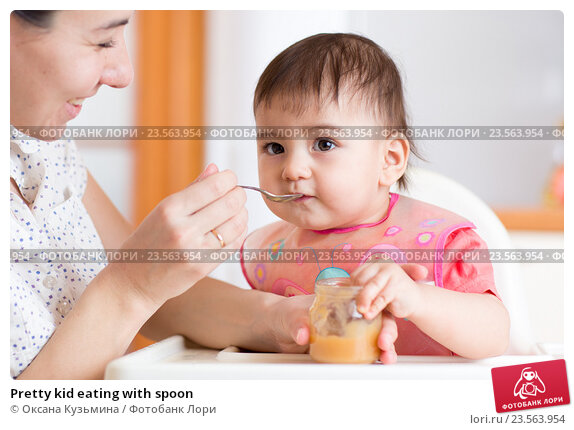 However, it is probably a good idea to purchase a set of spoons that are actually designed to be used for babies. Look for spoons that have a wide, chubby handle that will make it easy for your baby to grab and pick up. A spoon made of rubber or silicone will also be better for your baby because of the soft texture and grippy material.
However, it is probably a good idea to purchase a set of spoons that are actually designed to be used for babies. Look for spoons that have a wide, chubby handle that will make it easy for your baby to grab and pick up. A spoon made of rubber or silicone will also be better for your baby because of the soft texture and grippy material.
Foods to Start With
Get ready for a big mess when it comes to your baby learning how to use a spoon. At first, your baby will likely spend more time exploring and playing with their food, rather than actually eating it. Start with thick foods that will easily stay on the spoon as they learn how to balance and bring the spoon to their mouth. Here are some recommended foods to start with.
- Applesauce
- Cottage cheese
- Mashed peas/carrots
- Mashed potatoes
- Oatmeal
- Pasta
- Pudding
- Yogurt
Introducing the Fork
So, your baby has now mastered the spoon and is ready for their next big step: the fork.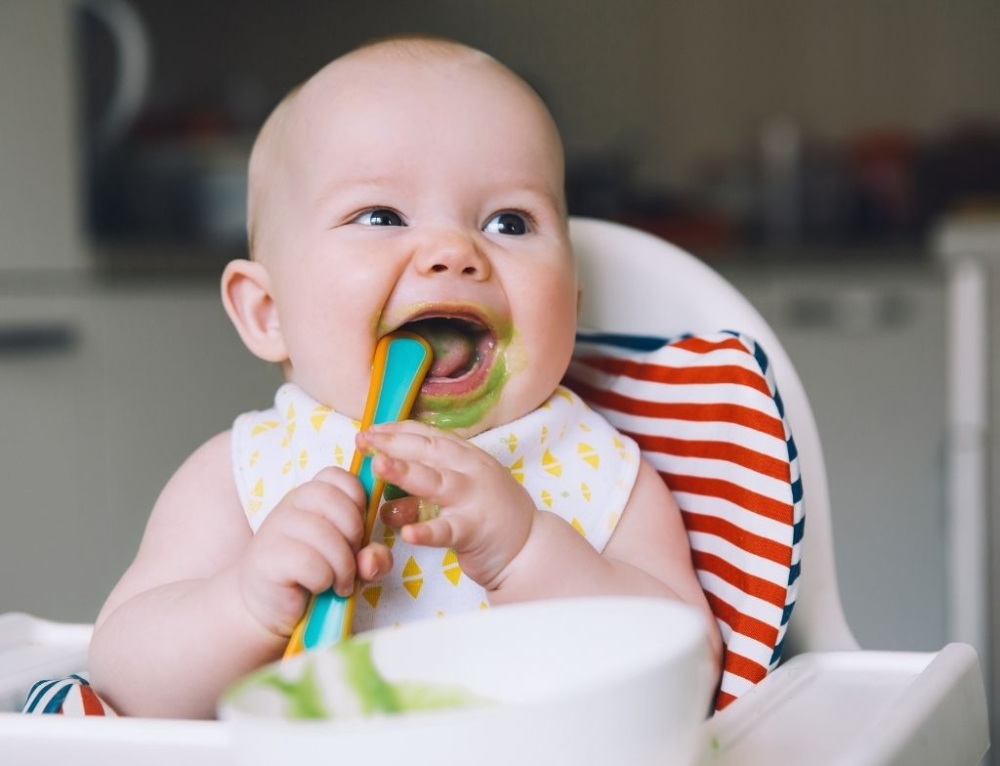 It is usually recommended to introduce the spoon before the fork, because a spoon is typically easier for a baby to learn at first. However, some babies do pick up on the fork easier because it requires less balancing and they can stab the food. You will likely want to introduce the fork at around 16-18 months, to give your baby time to first practice and focus on learning how to use a spoon.
It is usually recommended to introduce the spoon before the fork, because a spoon is typically easier for a baby to learn at first. However, some babies do pick up on the fork easier because it requires less balancing and they can stab the food. You will likely want to introduce the fork at around 16-18 months, to give your baby time to first practice and focus on learning how to use a spoon.
What’s Next?
With so many huge developmental milestones being achieved, your baby is rapidly developing. Once your baby has been introduced to the spoon and fork, you can consider moving them from the high chair to a booster seat at the table. By bringing your baby to the table to eat with you, you can help them develop their motor skills quicker. This gives them the opportunity to observe and mirror your actions.
How Can I Help the Process?
The best way you can help your baby is to simply let them experience and explore this new skill for themselves. At first, you'll probably notice that your baby spends more time playing and waving the spoon around. But eventually, they will start to pick up on how to actually use the tool for their self-feeding benefit.
But eventually, they will start to pick up on how to actually use the tool for their self-feeding benefit.
This is a messy, but fun, process. Look into some rubber or silicone splat mats to make the clean up aftermath easier for you. Other than letting your baby explore and have fun with the learning process, here are some things you can do to help your baby with practicing their new skill.
- Demonstrate it for them: Your baby is looking to you for guidance, so show them how it is done! Have them watch you use a spoon to feed yourself the yogurt or oatmeal and then have them try it for themselves. Over time, they will continue to mirror your actions for how to self-feed.
- Hand-Over-Hand Method: First, let your baby grab for the spoon themselves. Once they are holding the spoon, see if they can dip the spoon and scoop up the food. You can place your hand over their hand and help guide the food into their mouth. Your baby is still learning all the basics like where their mouth even is and how to scoop food using the spoon so you can help show them the ropes for the first few times.
- Stick to Thick Foods: To make it easier for your baby to scoop and bring the food into their mouth, stick to thick foods at first. Avoid foods that can easily fly off the spoon (rice, cereal, etc.) until they have gotten used to the process.
Baby-Led Weaning: What is it?
Baby-Led Weaning is a popular form of teaching self-feeding. The process skips feeding soft foods and purees and goes straight to finger foods starting at around 6 months. Registered dietician, Clancy Cash Harrison, author of Feeding Baby, says “Baby-led weaning supports the development of hand-eye coordination, chewing skills, dexterity, and healthy eating habits,” she says. “It also offers babies an opportunity to explore the taste, texture, aroma, and color of a variety of foods.”
What makes baby-led weaning successful, is that your baby will recognize that in order to eat, they need to learn how to do it themselves. It gives an extra nudge into independence. However, parents can obviously step in when needed, in order to make sure their baby is getting enough nutrition from food.
Starting at about 6 months, or whenever your baby is able to sit unassisted in a high chair, you can begin baby-led weaning. Your baby might not have fully developed their chewing skills so breast milk or formula will still need to be their main source of nutrition until at least 10 months old.
The best foods to begin with are soft, easy to squish foods like bananas, steamed broccoli, or avocado. Try cutting the foods into bigger pieces to make it easier for them to pick up. By starting at 6 months, you will help your baby develop the pincer grasp. When considering foods to start with, texture is key. Since your baby does not have the fully developed chewing skills, you will want to make sure any food you are giving them is very soft to avoid a choking hazard.
If you are thinking of starting baby-led weaning, consider a mixed approach. The first few months of baby-led weaning might be more exploring, and less eating. Do not feel pressure to fully abandon breast milk, formula, or purees. Not all children will be ready for baby-led weaning and finger feeding at 6 months. Focus on making sure your baby is getting enough food, rather than trying to get them to self-feed.
The most important thing to take away from both self-feeding and baby-led weaning is to let your baby lead the process. Let them be the one to reach for the spoon, show their curiosity, and explore their growing independence. Your baby will be most successful if you let them guide you in this process.
--------------------------------
All health-related content on this website is for informational purposes only and does not create a doctor-patient relationship. Always seek the advice of your own pediatrician in connection with any questions regarding your baby’s health.
These statements have not been evaluated by the Food and Drug Administration. Products are not intended to diagnose, treat, cure or prevent any disease.
See the FDA Peanut Allergy Qualified Health Claim at the bottom of our homepage.
4 Mistakes that Slow Baby Self Feeding
Feeding your baby real food is an important step for all parents. But baby self feeding is a goal for all parents, especially during the first year of life.
The stakes are high for developing healthy food preferences and learning to eat, so don’t let these four common mistakes slow your baby down.
Baby feeding and the journey that goes with it is not always smooth-sailing, or easy.
In my many years of working with new mothers as a pediatric nutritionist, I know that the decisions made in this first year are always made with good intentions.
However, some decisions are made out of fear, hype, or lack of knowledge.
As a result, feeding mistakes that slow your baby’s abilities around self feeding can be made.
Don’t let them get in the way of really raising a healthy eater down the road.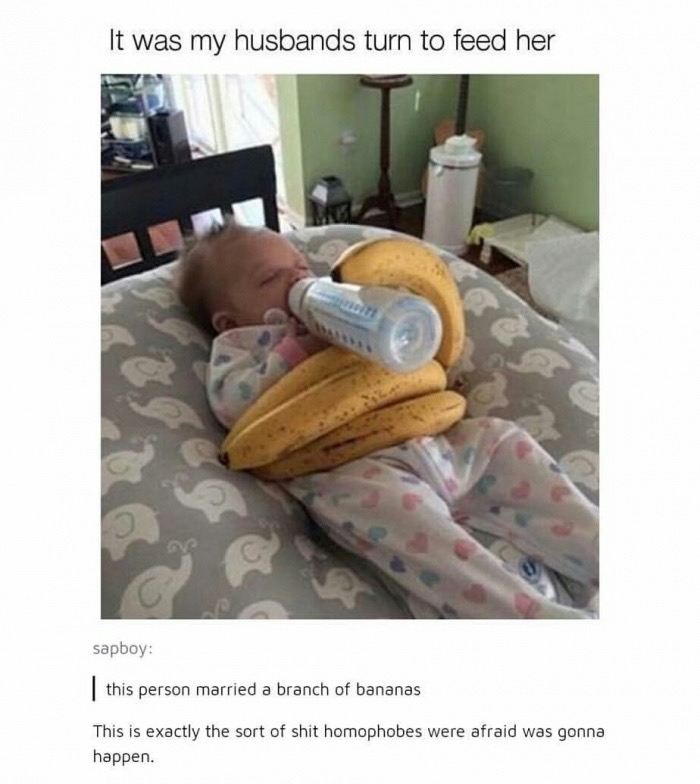
In a nutshell, the quick pace of food transitions your baby will make in the first year is the crux of most baby feeding mistakes.
In a period of 6 months, your baby will move from an all liquid diet to eating your family’s mealtime food.
That means the food transitions are fast.
Once you get used to one thing, it’s time to move on to the next.
For instance, you and your baby master pureed foods.
But, now your baby wants finger foods and seems unsatisfied with baby cereal.
Yes, the pace in the first year of life with food is quick.
Another challenge is the wide range of nutrients babies need in the first year.
Key nutrients for brain development, bone growth, and sufficient calories and protein for weight gain and kid’s growth should be top of mind.
Being mindful of these and fitting them all in can feel overwhelming.
If that isn’t enough to worry about, the repercussions of moving too slowly with food transitions can have its own set of ramifications.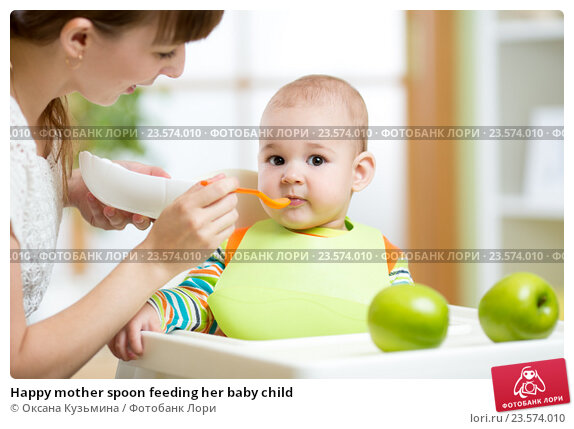
For example, your baby may lose interest in infant rice cereal if they see it every day and at most meals.
Or, your baby may tire of exploring solid foods if she isn’t progressively challenged with new textures and flavors.
She may even prefer purees, baby food pouches, or get stuck on a liquid diet (hello, sippy cups of milk), if she isn’t challenged with more food flavors and textures.
If you’re like most parents I know, you want to get the baby food stages right.
From setting a reasonable baby feeding schedule to knowing when to start solids and make important baby food transitions, not only do you need to know what to do, you need to know what not to do, as well.
Signs You’re Hindering Self FeedingIf feeding your baby gives you a nagging feeling that things are getting off track or aren’t going as well as planned, you may be making some feeding mistakes.
Whether you need more information, or got the wrong advice, you may unknowingly be caught up in some very common mistakes.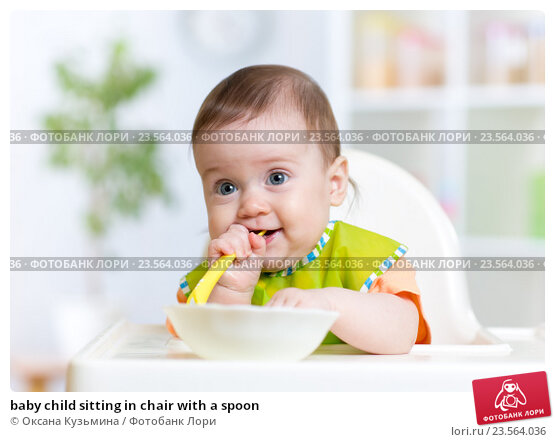
If your baby isn’t gaining weight as predicted, is struggling with the spoon or baby led weaning, or if transitioning to a balanced meal plan isn’t going as well as you had hoped, you might be hindering your baby from moving forward with eating.
Your feeding style and approach may be counterproductive, especially if you’re using negative feeding practices.
Unfortunately, these can interfere with your baby’s eating, development, and food learning.
4 Self Feeding Mistakes You’ll Want to AvoidIn my line of work, I see several mistakes parents make when feeding their kids.
It’s not that I look for snafus, it’s just that when parents are really struggling, they show up on my doorstep.
As a way to help you side-step some of these challenges, I’ve outlined the top four feeding mistakes I see parents make with their baby.
Some are related to the process of feeding, while others involve food selection.
Mistake # 1: Trying to Keep Baby Clean while EatingIn the quest to stay clean and tidy (and lessen the laundry load), you may be swiping your baby’s mouth with a washcloth after every bite, staying with spoon feeding (because it’s cleaner), or avoiding messy foods to cut down on the time and effort it takes to clean up after a meal.![]()
Why is this a mistake?
It robs your baby of important learning experiences, such as exposure to different textures, smelling food completely and learning how to manipulate food using his hands and mouth.
Serious investigation happens during meal time, and there’s no better way to learn about food than to get down and dirty with it.
Those pictures you see of babies covered head to toe in yogurt, spaghetti sauce and cake?
Yeah, that’s what I mean.
Case in Point:Long ago, I taught one of my clients to let her baby self feed with a spoon. I asked her to refrain from using the washcloth until the end of the meal, and charged her with the task of offering her daughter more food variety.
After implementing these interventions, both mom and baby started having a grand time with meals!
How to Keep Baby Clean While EatingUse the kitchen sink as a back-up bathtub.
Stock it with towels, soap and plastic measuring spoons and cups so your baby can go from high chair to kitchen tub (with supervision, of course) for a quick clean up.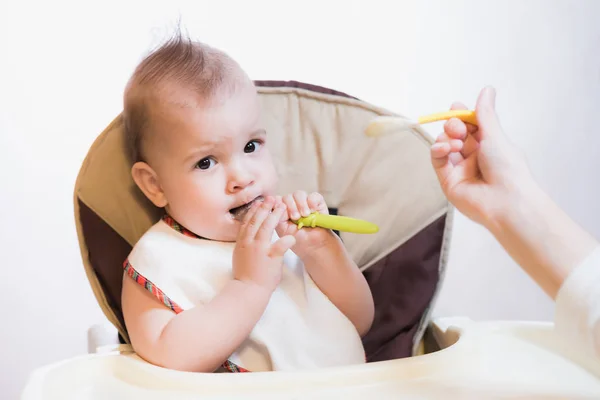
Get the Food & Nutrients for Baby’s Brain!
Mistake #2: Spoon-feeding Your Baby for Too LongThis ties into #1 as a way to keep a cap on the mess.
But also, there may be a misconception that babies need to be spoon-fed for a year.
Not true.
Babies can begin the transition to chopped, table foods around 8 months of age.
And if you’re a follower of baby led weaning, you know that solids can be introduced at 6 months.
By one year, your baby should be eating table food. In other words, the food your family is eating.
You’ll just modify this into age-appropriate textures (shredded, chopped, etc), and encourage baby self feeding (with assistance as necessary).
Your baby should also be using an open-top cup with small amounts of liquid so that spills are minimal.
Of course, follow your baby’s developmental progress and cues for readiness to see when the time is right to transition to more textured finger foods.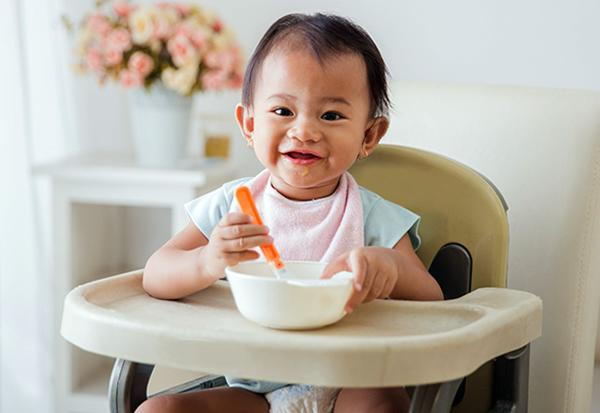
If you’re testing solid foods with a baby led weaning approach, be sure to read about iron and baby led weaning in this post or grab my up-to-date, step-by-step book called The Smart Mom’s Guide to Starting Solids.
It includes advice for spoon-feeding, baby led weaning and guidance for using both to optimize nutrients and self-regulation of eating.
When to Stop Spoon Feeding BabyBaby Ben was 14 months and still being spoon-fed.
He came to me because he wasn’t gaining weight and his length had fallen behind.
He was simply disinterested in the spoon—he wanted to feed himself, and he didn’t want mush anymore—he wanted the real food his family was eating.
Most babies will want to start self feeding between 6 and 8 months.
This usually coincides with the development of the pincer grasp.
While Ben’s mom was understandably afraid to give up spoon-feeding (because he wasn’t growing well and she wanted to be sure he ate enough), once she introduced table foods, gave him some independence, and let him eat to his own satisfaction, Ben started to thrive again.
Most babies will want to start self feeding between 6 and 8 months. This usually coincides with the development of the pincer grasp. #startingsolids #selffeeding Click To Tweet
Mistake #3: Offering Foods that are Too HealthyI believe all babies should receive real, natural, unadulterated foods of all flavors, with an emphasis on food introduction and lots of food variety and exposure.
But I see a trend in feeding babies that emphasizes fruits, vegetables and whole grains.
This can become a problem because babies have limited stomach capacity and these foods are filling.
When your baby’s tummy is full, there’s a risk of missing other important foods and nutrients such as choline and DHA.
Whole grains, fruits and veggies also tend to be low in fat, which is an important nutrient for babies and their brain growth.
Certainly babies need these healthy foods, but they also need meat (or non-meat substitutes such as beans), fortified cereal, healthy fats and dairy (or fortified non-dairy) sources.
In fact, if I had the opportunity to re-write the food introduction guidelines, I’d advise the following:
- Meat First (because it’s full of iron, zinc, B vitamins, choline and other nutrients important for brain development.)
- Vegetables (because these are a learned taste and flavor and need more time and exposure for acceptance.)
- A variety of iron-fortified whole grains, fruit, and dairy products (or non-dairy alternatives if necessary, introduced as yogurt and cheese or as a baked in ingredient. (Note: no liquid milk until one year of age.)
Of course, there’s eggs, fish, peanuts, and nut butters — the food allergens that need to be introduced before 12 months, too.
My stance on “which foods first” is based on nutrient priorities and your baby’s budding flavor palate.
[Read: How to Introduce Peanuts to Your Baby]
Case in Point:Josh, at 13 months, was eating a high fiber diet, filled with whole grain breads, lots of vegetables and fruits, and very little added fat.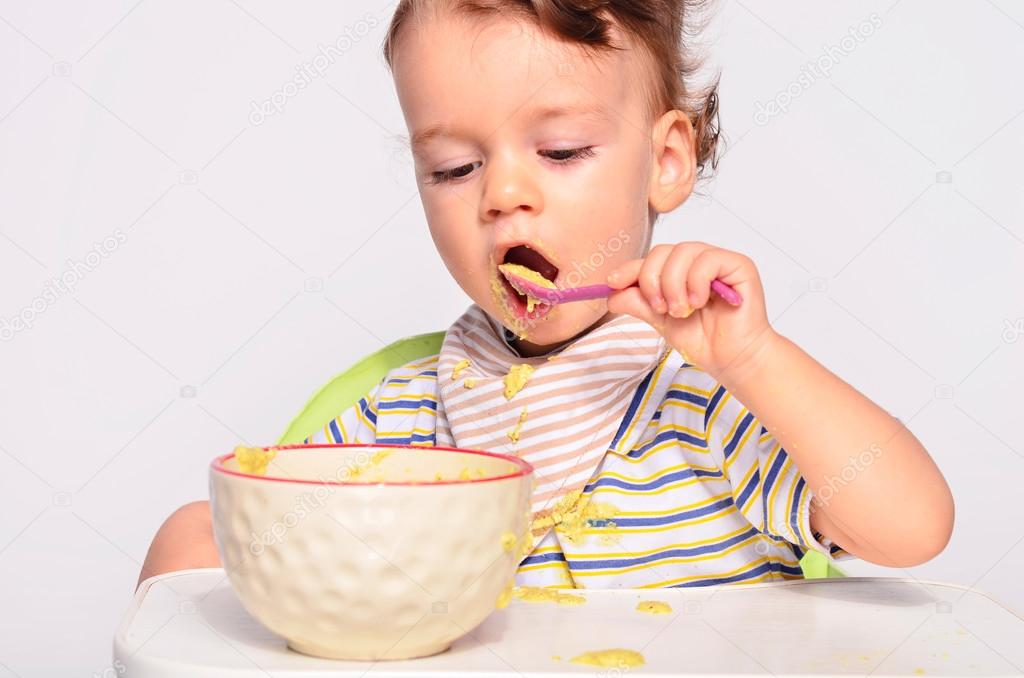
In fact, his mom stated,
“I never thought to add fat to his meals—I thought that would be unhealthy.”
Josh’s diet appeared very healthy on paper, but in reality, it wasn’t meeting his nutritional needs.
For example, babies need 40-50% of their total calories in the first year from fat.
Josh certainly wasn’t getting this.
Once Josh’s mom understood that babies need a good amount of fat daily and where and how to get it, she was able to plan more appropriate meals for him.
The added benefit?
With fat, foods (especially vegetables) were tastier and he ate better.
Mom opened up to more variety (French toast, pancakes, sandwiches, etc—all cut up in bite-sized pieces) and Josh enjoyed eating again.
Mistake #4: Allowing Bites or Gulps of Adult FoodsJust a little sip of my coffee? Sure.
A bite of my brownie? Why not!
What’s the harm in a little sip of soda, a taste of coffee, or a bite of a brownie?
Nothing immediate, but over the long haul, you might find your little infant growing up to be a soda swigging, sweet tooth kid if you’re not careful.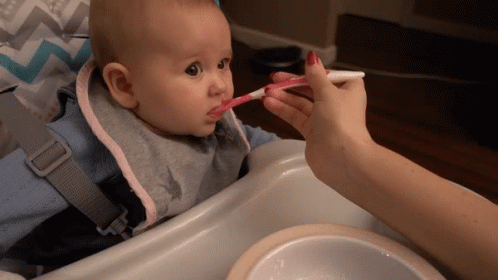
It’s true—what we offer babies now influences their taste preferences later on.
Regarding sweets for babies, I suggest holding out until age two.
The American Heart Association makes the same recommendation.
What about the one year birthday cake?
It’s ok because it’s not a “regular” offering.
Avoiding sugary foods early in life may help curb your baby’s sweet tooth.
She may kick the sweet preference into high gear later on, but you’ll have armed her with early exposure to healthier fare.
Remember I said those tummies are tiny?
They don’t give much leeway for sweets. I wouldn’t want you to sacrifice nutritious foods for them.
I also recommend holding off on caffeine, too.
Babies don’t need a stimulant (aren’t we mostly trying to calm them down?!), nor do toddlers or children for that matter.
There’s no place for caffeine in a child’s diet—so if you can manage to avoid it, bravo.
Last, artificial sweeteners and colors fall into this category too.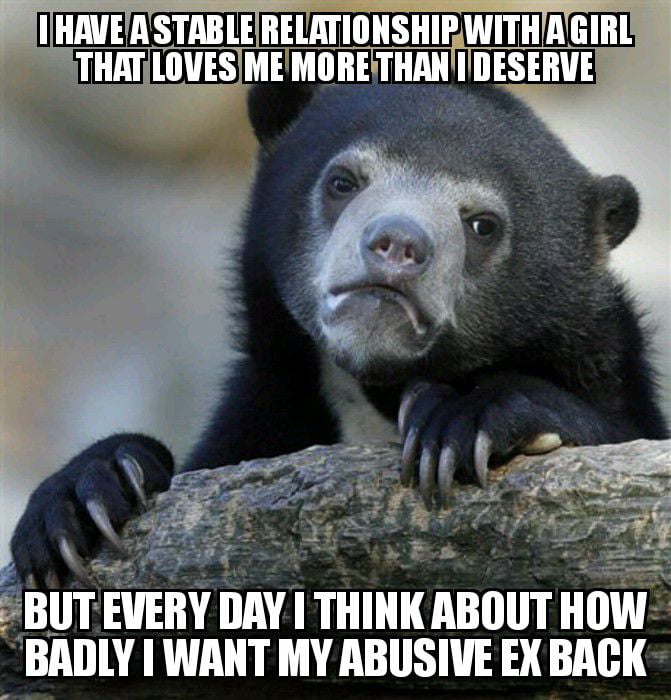
Try to limit them, especially for babies and young toddlers, even if “just one bite” seems harmless.
The dose relative to body weight is considerable.
I’ve searched and searched, and there’s no upside to offering artificial food colors to young children.
Move Forward with Self Feeding WisdomOf course, don’t beat yourself up if you’ve made any of the above baby self feeding mistakes.
Just take a step forward and make the adjustments you need to feed your baby well and with confidence.
That’s the fast path to encouraging self feeding and helping your baby move through his feeding and eating milestones.
Need More Help with Encouraging Self Feeding?My book, The Smart Mom’s Guide to Starting Solids is a quick read that cuts through the fluff and gives you exactly what you need to know to feed your baby in the first year.
A baby feeding schedule, baby feeding chart, baby food stages, baby food chart, when to start solids and more!
Grab your copy today!
Don’t forget to check out our workshops, classes and guidebooks to help you raise nourished children, inside and out.
BABY FEEDING MISTAKES | AVOID These 4 Mistakes & Start Your BABY on a HEALTHY EATING PLAN
Watch this video on YouTube
This post was updated September 2020 from its original.
How long did they spoon feed?
My daughter is 1 year and 7 months old, I still feed myself from a spoon, when I give a spoon it gets all dirty, doesn’t really eat anything, turns the plate over, etc. Until what age did you breastfeed your children? We also rarely drink from a cup for the same reasons.
year and 11 months old, eats by herself, but sometimes she asks me to feed, sometimes I feed on my own initiative to make it faster and cleaner. Started to eat, that is. try to eat on her own for about a year and three months. He drinks perfectly from a mug, but in the garden or at a party, at home he requires a bottle. the sipper doesn't like it.
All three of them eat everything by themselves from the age of 10 months. I'm lazy, I'm reluctant to waste time so mediocre on what children themselves can perfectly do.
I'm lazy, I'm reluctant to waste time so mediocre on what children themselves can perfectly do.
Son 4.7. Until now (!) I periodically supplement myself from a spoon due to the fact that he is very (!) Poor and eats little. I suspect that he simply does not have the patience to work with a spoon until the plate is empty. Maybe after a couple of spoons of soup eaten at lunch, he can say that he has already eaten and does not want to eat. Moreover, his spoon is not a large dining room, but a dessert one. Then I offer him to feed him, it happens that he agrees, then he finishes everything. If you don’t feed it, then you definitely won’t finish it. There was a period when I did not feed at all, I ate by myself, but very little. I do not like it.
PS He eats and drinks neatly, of course, without spilling himself.
Great!
up to 3.5 years for sure, to feed a couple of spoons and now I can, at 7.5 - when I didn’t get enough sleep or get sick (UZhZhos-uZhZhos) At 1.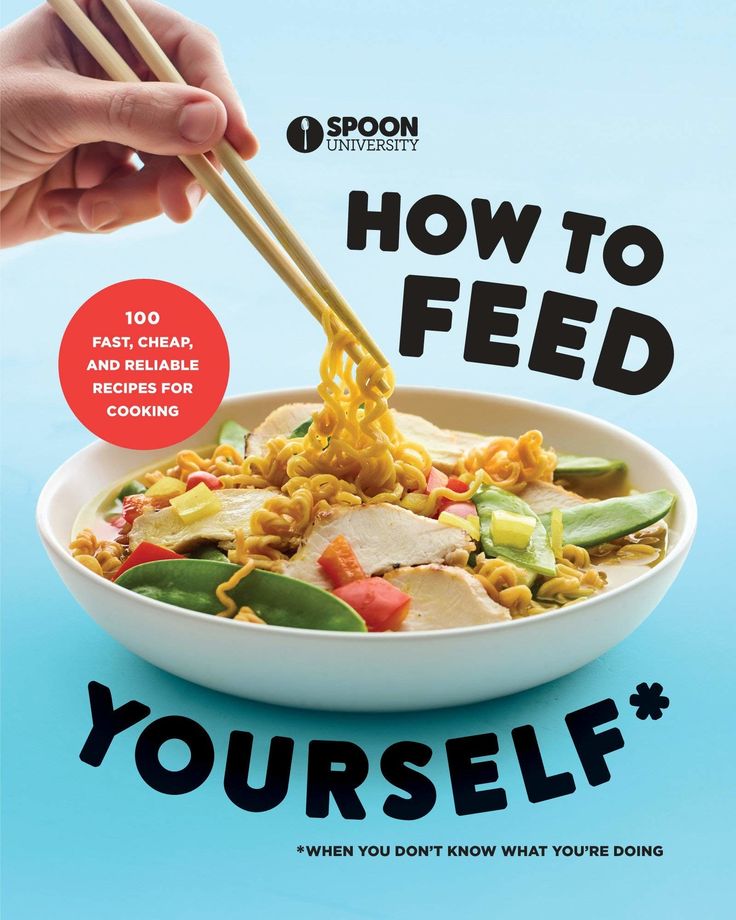 5 I didn’t even think about giving food on my own. Contrary to all forecasts, the child still knows how to eat on his own
5 I didn’t even think about giving food on my own. Contrary to all forecasts, the child still knows how to eat on his own
My daughter is 7 years old, I still feed her periodically In the mornings, that's for sure, otherwise we won't be able to go to any school (and she hardly eats there). Porridge must be fed regardless of the time of day, because he does not like them. The same goes for soups and yogurts.
IMHO, it also depends on the child's appetite - if the child eats well, then put a plate in front of him, go out and he will try to eat himself in any way, and if the appetite is not so hot, then he picks up two spoons and everything is full. I have the second option, so I often supplement now (three and a half years), and when I get sick, I always have to feed, because I myself will not eat at all (checked!)
It's cool here! Schoolchildren are fed from a spoon! Well, quite cool. And at school, who do you pay extra to put a spoon in a child's mouth?
The author, judging by the top in your 1 year and 7 months, it's too early to even think about this topic. Feeding 7 year old children doesn't frighten some people...
Feeding 7 year old children doesn't frighten some people...
nipaverity! In the garden and at school they eat by themselves - it's already cracking behind the ears
Can you get hold of their recipes? Seems to taste better there.
Past and banal The way I cook was appreciated even by my grandmother, a noble cook. But there is such a phenomenon - the collective eating of canteen pischi, no matter how disgusting it may be. , and the children, go ahead, cracked just like that and praised
The fourth year has begun, I am still feeding from a spoon. And then the child himself can ask: "Mom, feed me."
+1) I don't like to spend either, and if not from 10 months, then from the year my own ate for sure
There is no one at school, so my daughter personally does not eat anything at school. She also does not eat breakfast herself, because she has not yet woken up properly and is in a bad mood. What would you do? Have you left your child hungry all day? The first few days I did not feed breakfast - do you think the appetite appeared at school? - Be that as it may, but the problems with the stomach began. Do I need it? It is not difficult for me to feed, at least up to 10 years, at least beyond
What would you do? Have you left your child hungry all day? The first few days I did not feed breakfast - do you think the appetite appeared at school? - Be that as it may, but the problems with the stomach began. Do I need it? It is not difficult for me to feed, at least up to 10 years, at least beyond
until 6, not all meals of course, but the breakfast is so stable, and also when you were too lazy to wait. BUT at 6 I said I’ll do it myself and never asked It was not difficult and I didn’t feel sorry, and I didn’t see any problems
since the year I eat myself, only because I gave a spoon in my hands and get dirty at one time
extremely nervous mothers advocates of cadet education always find it difficult to understand that spoon-feeding a 10-month-old baby and a 6-year-old baby are two different things. And mothers are not cadets, they quite see the difference for themselves and know very well that any normal healthy child will not ask to be fed from a spoon all his life.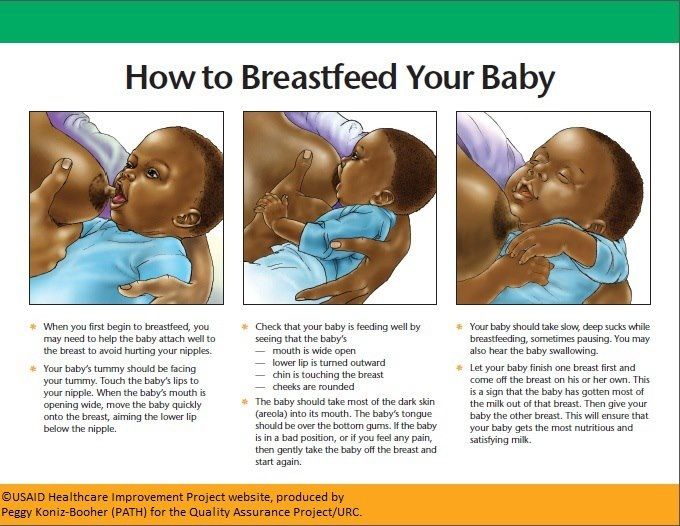 a problem, but a vital necessity, in today's running stressful world
a problem, but a vital necessity, in today's running stressful world
+2 And about the morning, and about porridge, and about soups - everything about us exactly Daughter 6.
Yes, all children are different, you can't compare them. She gave the eldest a spoon and an iron bowl a year, there were several accidents, but after a couple of months she ate quite tolerably herself. At the age of three she knew how to use a knife and fork. With her it was quite decent to come to visit or to a restaurant, she ate very carefully. I still can’t teach my second daughter to eat on her own and carefully, until now she spills something, then gets dirty with food, she’s five. My son has now been given a spoon and he is trying to eat on his own, then we feed him a little. He is a year old.
As long as they needed it. The eldest - almost to 4. At 3.5 she went to kindergarten, there she immediately began to eat herself without talking and nerves, but at home she still asked to feed her. It was not difficult for me, and I saw no reason why she should be refused. Gradually, our feedings also disappeared.
It was not difficult for me, and I saw no reason why she should be refused. Gradually, our feedings also disappeared.
And the youngest already ate by herself by one and a half. Now (at 2.5) sometimes he will ask - mom, help! - but this is in the mood and usually means that the child does not really like the food. Since I know that no “before school” threatens us - I don’t believe in this hysteria! - I help - why not?
I'm also lazy, and that's why I fed as much as I needed - it's better to quickly do everything myself than to wait until the child sits over the plate for hours. Children, they are different
Maybe. I've been trying Well, I can't cook as sickeningly as in the garden, so that the eldest would like it
And if the child is really full, why else should I feed him?
So you don’t have to wait) You have to do your own business at this time. And let the child sit.. After 20 minutes, remove the plate)
what if we don't consider that they are force-fed and persuaded to eat for mom and dad, while the child not only happily opens his mouth, but is also indignant at the untimely delivery of a spoon to his mouth? Here we are not talking about crazy mothers who think that the child is starving and who believe that the child should eat well, a whole portion, at least daddy's scale, who are overweight?
from 1.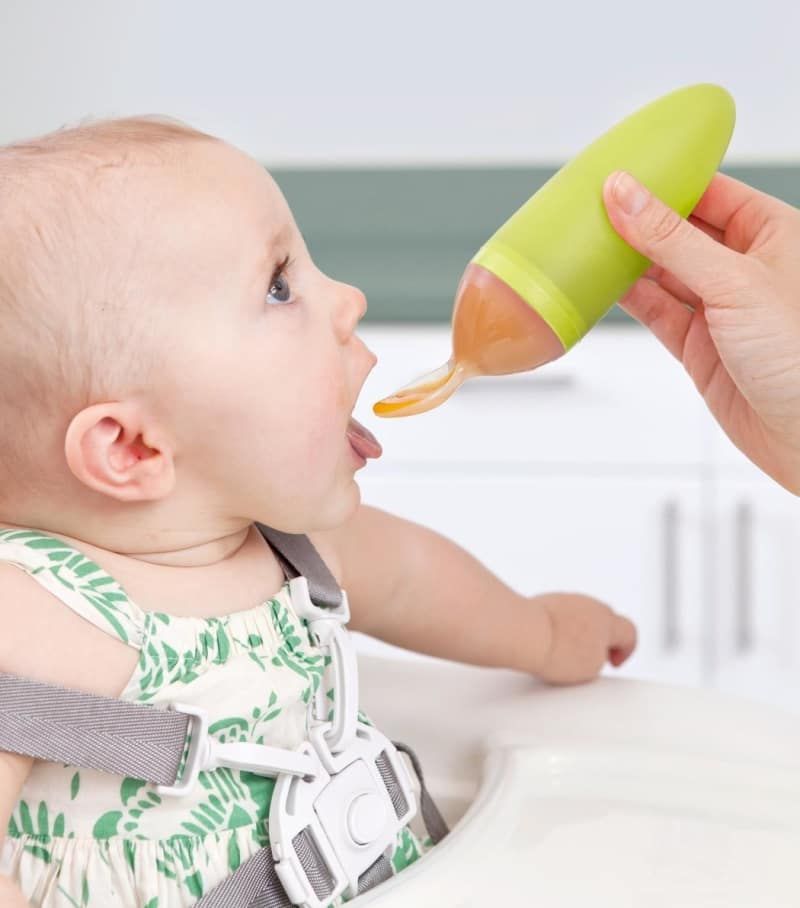 5-2 gave me a try, but since I'm small, I often feed myself at almost three. she only eats in the garden.
5-2 gave me a try, but since I'm small, I often feed myself at almost three. she only eats in the garden.
I think it's right to let the child try it himself, if he has such a desire. if you do not give independence, then the desire to do something yourself quickly disappears. some for life
Because a child is not against food in principle, he just doesn’t want to do something himself. When I feed my porridge, I always wonder if it really tastes so terribly bad and whether she is full or not. I get an answer like: "tasty, not full, feed on." "And herself?" “I don’t want to and I won’t, and in general I don’t like her.” Outwardly, is it that cereals are unpleasant for her and she doesn’t want to pick them with a spoon, I don’t understand
Up to 2.3 helms. Each meal is both the first and the second. Soups even up to 2.6 somewhere. And then she herself learned and stopped letting me get into this business
a particularly urgent decision in the morning, when you need to get ready for kindergarten or school.![]()
Yeah, and leave hungry - let's eat, let's run, as mom said! A good option, very humane. And train to walk in formation too.
However, I forgot a long time ago - that's how it is in your family.
So, apparently, we are talking about different situations. It was written that the child ate a couple of spoons and announced that he had eaten. Well, you ate - fine, go play on, what kind of mouth openings?
This is a different situation. When I didn’t eat well, but I want to be fed - this is one thing, but it was originally written that “that’s it, I’m full” - this is completely different and after the skeptical question "maybe you want to be fed?" - "Dada, please! Then I'll eat everything" I don't quite understand the reasons - a big girl, in principle, is already a girl, she eats beautifully herself (that is, there are no baby problems with coordination). Too lazy to bring a spoon to your mouth? Do you want to be small? Not enough attention? - Unclear.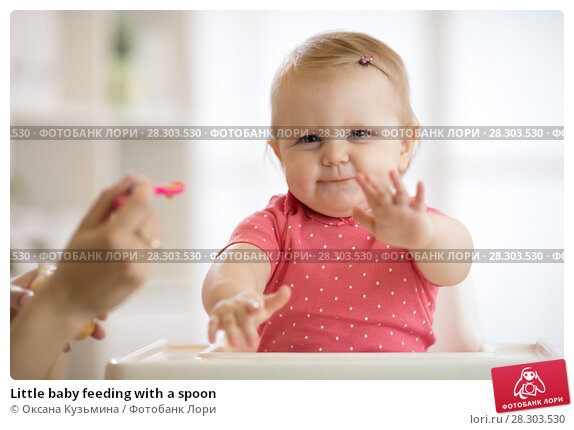
At 5, 5 I can sometimes feed...
My daughter was not yet a year old, and she was already eating her favorite dishes with a spoon herself (of course, it didn’t always turn out well, but still ...), not very favorite - she ate, but not very actively, I supplemented, and after 1g3m, in general, I always eat only myself with a fork and a spoon. But I gave her a spoon in her hand from 7-8 months and she, in parallel with me, tried to feed herself. It is also important that the child himself shows interest.
in the garden from 3 he began to eat by himself, at home only after 4, spoiled himself
Specifically, my child had mortal boredom during the feeding process, he preferred to pretend that he was at a car race, so do brrrrrrrrr drrrrrrrrr uuuuuuuyyyyy and wave your arms in the form of driving a car, or ask your mother a question on some topical topic and listen without looking away significantly more interesting than working with a spoon But at exactly 6 skzal he won’t ask for food and has firmly kept his word for 2 years True with his hands still no no yes he clearly participates in races or conducts physical experiments now it’s just now it doesn’t distract him from the quick absorption of food
Well then, it's really a matter of parental goodwill.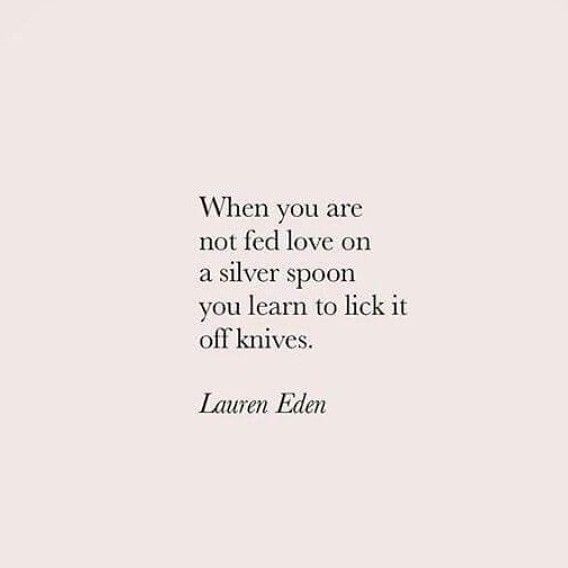
my youngest of the spoons is still getting dirty, and she is already 2 and a half years old. but she does not like a spoon in principle, she has been eating with a fork since the year
I don’t even remember, to be honest, until the age of 4, probably. But even now I can finish feeding soup. I don't see crime.
Up to 3 years old for sure, but in general I could supplement it even at 4-5 years old, I don’t see anything criminal in this at all. In the garden, my daughter ate without any problems.
fed until 6 years of age.
In 15-20 minutes I take everyone's plates anyway.
And in the case of an emergency - cocoa in a thermo-mug for a child - and in the car - let him drink on the way. )) Or cheese in the paw. Or an apple. ))
Nice.
And at my 8-year-old I sometimes think that a not very economic girl is growing up - she can only cook pancakes, cereals and scrambled eggs. Well, cook pasta and dumplings.
Well, cook pasta and dumplings.
I felt ashamed ((, I'll go hug once again.))
In the kindergarten and school, children eat there.. And then, this is a solution for a one-year-old child...
Not at all)) We have the opposite - if you don’t want to eat - don’t eat - full democracy) It’s just that you prefer to cram food apparently instead of giving the child the right to decide when and how much he eats. The main thing is to quickly cram and be free - so?))
In this case, I no longer feed, because. it’s obvious to me that he doesn’t seem to want much. If a person doesn’t want to eat especially, then it’s not necessary.
we, too, us 6.5
Not everywhere, and especially not at school
Well, where did I write about pushing in? Would you like to tryndet? I didn't notice this before! But the fact that you do not believe in children different from yours is the one, here you are in your own style.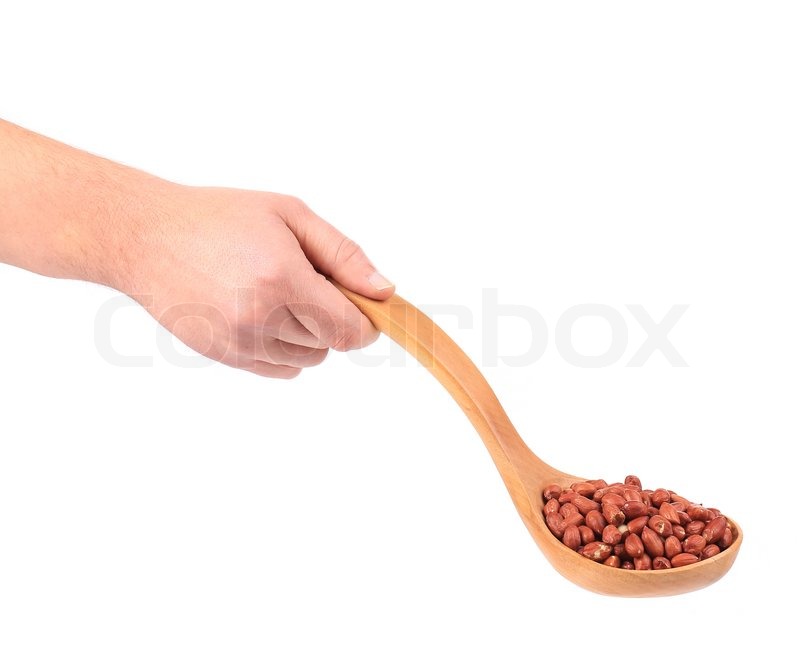
I wonder why it's obvious to you? Do you know only one way to recognize that a person wants to eat - if he eats according to your rules? There are no people different from you? In your universe - apparently it is, but surprise - the world exists outside of it.
from the age of 1 they eat on their own
Well, cases of emergency work are rare in our country and cars are not supposed in any way. And so - regardless of the method of feeding, I see no reason not to let the child eat at a pace convenient for him.
Spoon-feeding can be longer, but not when she turns over the plates. In this case, I would not feed.
I don't argue. The main thing is that everything suits both the parents and the child himself. We are all different.
I cooked at least something for the first time at the age of 15-16, and this something was scrambled eggs. I learned all other dishes only after marriage. I still remember how I put my first pasta in cold water - then my husband scoffed for a long time.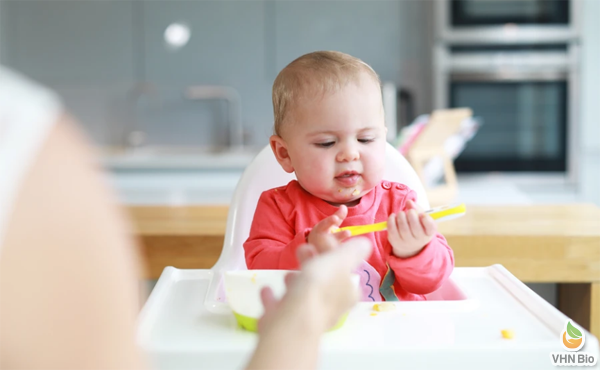
So I'm not going to strain my daughter with this. At the age of 8, I can do so much - for me it's on the verge of fantasy.
My seven-year-old boy can also cook scrambled eggs, dumplings and cut sandwiches for the whole family. And he makes me coffee in the morning, with milk, and brings it to bed, so it’s not difficult for me to feed such a luxurious man from a spoon))
))
And for some reason, all the girls in my family started to manage early, in the families of my friends too ... I never even thought about other options.
I, unfortunately, also - to my son 6.
Probably since the year. Yes, they were grimy and the whole kitchen too. But I am a careless mother, and the children have a good appetite. Therefore, they initially ate large pieces with their hands, then they began to master the fork with pleasure, and liquid - this was before the year the children demanded a small spoon from me.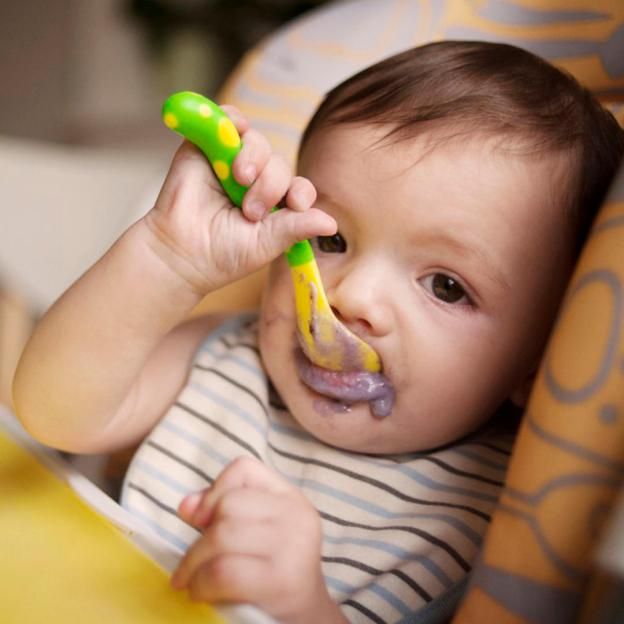 Small still (2,3) likes to scoop all teas, juices, water with a spoon from mugs
Small still (2,3) likes to scoop all teas, juices, water with a spoon from mugs
So I take an example from you - where did I write "leave hungry"? I made my conclusion only from the fact that you push food with spoons into a child who is physically quite capable of doing it himself and at the same time think that you can know better than him whether he is hungry or not.
Yes, I know the way - if a person wants to eat, he sits and eats himself))
Exactly at 1.7 I sat at my table and ate everything to the last spoon by myself, did not help at all
I clearly have my mouth shut closes when she is full, even though I feed myself, so it’s simply unrealistic to shove too much into her.
My daughter is 2 years old - I feed her from a spoon, if she doesn't feed she won't eat at all. I tried, as they advise here on Eve, just put food in front of her, and not eat it - clean it up - our record is 9hours without food, then my nerves gave out.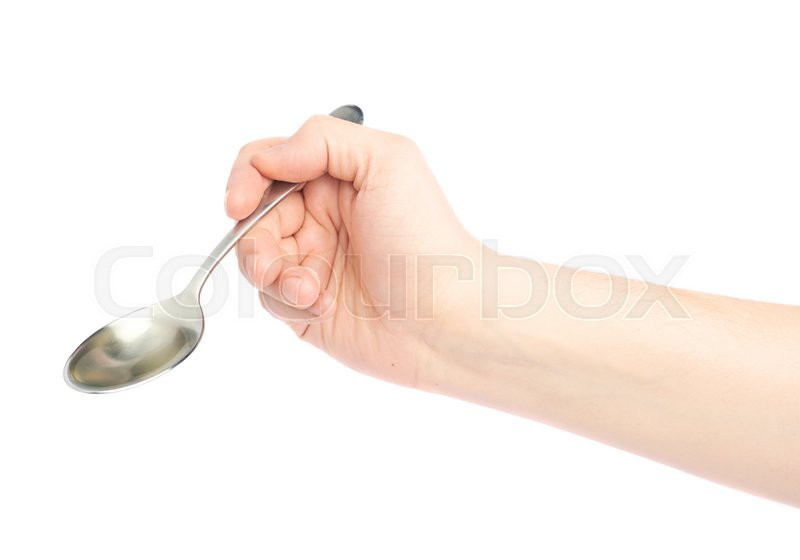 ..
..
2.6, I can still feed from a spoon if I need it quickly or completely clean. I can give a spoon and leave their kitchen, I can handle it myself.
So maybe she didn't really want to eat even before she shut her mouth? The feeling of satiety usually comes late - haven't you heard?
daughter 1.5 - while I feed myself, I’m also lazy, but of a different kind - I’m completely too lazy to wash her and everything around after her self-feeding ... well, in fig .. 5 minutes and porridge is inside her, the thing is ... but the fact that I can’t even imagine feeding my son a 7 year old - how some people do it here ... 132 cm tall, 36 foot size ... and I will feed this horse from a spoon?))) ))))))))
who feeds these "horses" here? *stare* put a couple of spoons in - it's not food - it's called "Faster, faster, otherwise we'll be late for school"
my son gets up before me, and when I wake up, he has already made the bed, eaten, dressed .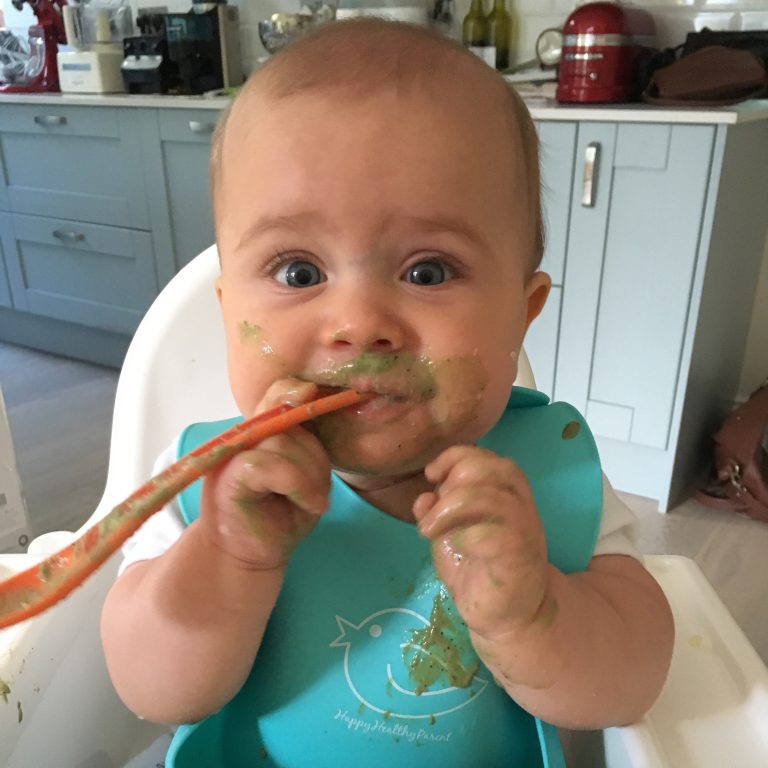 .. so I don’t know how relevant it can be at all - stick in a couple of spoons))
.. so I don’t know how relevant it can be at all - stick in a couple of spoons))
Well, you get up, but mine doesn't get up. And each wake-up passes with a fight and almost tears (this despite the fact that we put her to bed at 20-30). Children are all different
And then, this is your son, 132 cm and 36 shoe size, and mine at 7 years old weighs 18 kg with a height of 116 - and yes, I still want to feed her
Up to a year. Next on her own.
Great! And we have a bullfight at 4.5. We are lazy and scolding...
Until 10 months old. Then he ate with a spoon.
Have you tried going to bed early? Maybe she doesn't get enough sleep?
Also 1.7. I feed and, apparently, I will feed for a long time. After a year, it seems like he began to eat a little himself, by the age of one and a half he ate everything himself, and then, as it cut off, feed him. So while we feed, at first offering to eat ourselves. Gradually, I think I will teach myself to eat on my own. Not to feed the garden. He has been drinking from a cup for a long time himself with almost no problems if he is sitting at the table.
Gradually, I think I will teach myself to eat on my own. Not to feed the garden. He has been drinking from a cup for a long time himself with almost no problems if he is sitting at the table.
After 20 seconds, the plate flies to the floor with all the contents. Alas...
My daughter doesn't eat soups at all, if I don't feed her....that's why I feed her...everything else - by myself...we are 5.6.
well, then I need to put him to bed at 7 pm so that he gets up earlier than 7 am Yes, and he still doesn’t know how to cook porridge, so he’s unlikely to eat by himself ....
So what is the tragedy? Drop the child out of the chair, finish the meal. Next time will be more careful.
so what's wrong with going to bed at 7 pm? I've noticed one strange thing. in Russia, children are often put to bed at 9-10 pm, but abroad, for some reason, no one is surprised to go to bed at 7 pm. .. an interesting phenomenon... , lessons, a walk. And dad will come only at 8-9. We can’t do all the things before 7. Yes, and somehow it’s really strange for me to put to bed at 7 pm, you can sleep through all your life))
.. an interesting phenomenon... , lessons, a walk. And dad will come only at 8-9. We can’t do all the things before 7. Yes, and somehow it’s really strange for me to put to bed at 7 pm, you can sleep through all your life))
Duc and so they wrote that at 20-30 the child is put to bed, where even earlier??
It's just that there really are children (and adults, my husband and I are one of them) who get up in the morning with great difficulty, even if they go to bed early...
My daughter, for example, dances until 7.30-8 pm 3 times a week, almost everyone has some kind of clubs, classes, parents come home at 7-8 pm, it is somehow unrealistic under such conditions to put the child to bed at 7 pm.
Well, maybe then these dances, circles and classes are not needed, since the child does not even have the opportunity to sleep?
honestly, I don't believe it, just such children should go to bed earlier and that's it.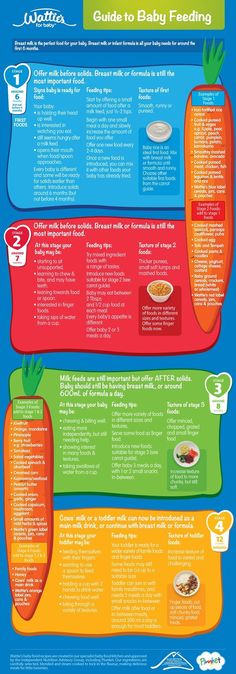 Just imagine - if a child goes to bed at 8 at least in the evening - do you think he will have difficulty getting up at 7 in the morning? 11 hours sleep at night!!!! enough for almost anyone.
Just imagine - if a child goes to bed at 8 at least in the evening - do you think he will have difficulty getting up at 7 in the morning? 11 hours sleep at night!!!! enough for almost anyone.
In principle, from 9-10 pm to 7.40 - it's like my getting up - it's quite possible to get enough sleep, during the day the child is cheerful, does not get tired, so what for to put him down almost before dark, because during this time you can do much more important things to remake than to sleep for 12 hours like a baby.
well, if you don't need your child to get up before 7.40 - then that's fine, but if you have to get up at 7 for school, and you can barely tear your child off the pillow - then you probably shouldn't put it to bed at 10 pm, IMHO.
No, I don't need it. Anyway, we are the first to arrive at school
we are now 3.3 - often I feed myself, although my son himself knows how to eat both first and second and compote very well.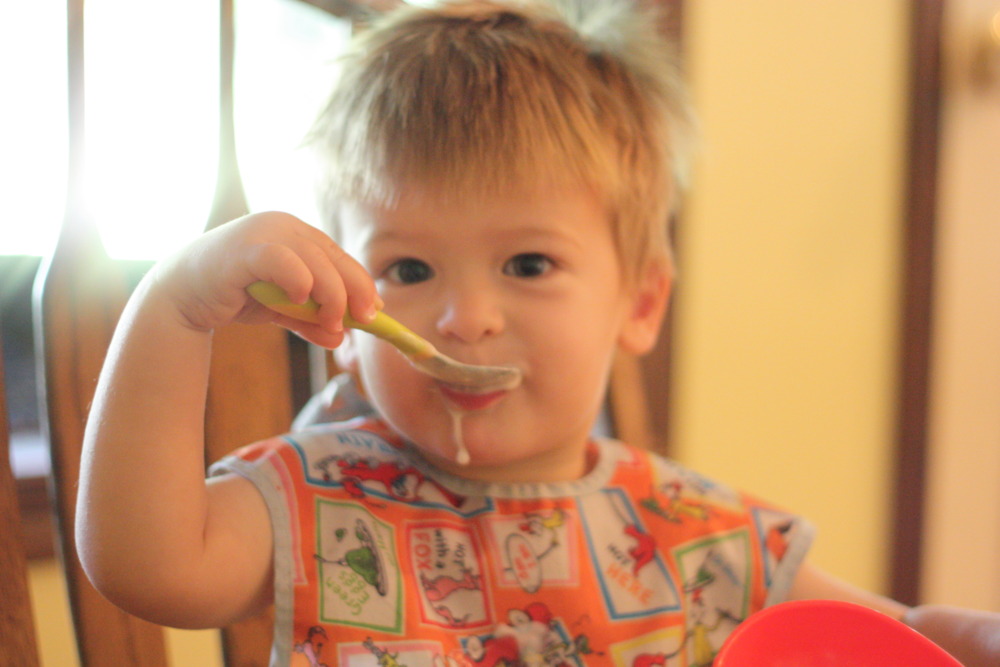 In the kindergarten, he has everything himself, but at home - "feed"
In the kindergarten, he has everything himself, but at home - "feed"
Well, my dancing is definitely needed, she raves about choreography and ballet, and she gets enough sleep, going to bed at 9.30-10 pm, it’s just that everyone has a different need for sleep, someone needs 8-9 hours, someone needs 10-11 ( I'm talking about 7-8 years old). And it is really unrealistic for most families to go to bed at 7-8 pm, parents usually only come home at this time...
Do you have to go to school by 9 am? Or are you going very quickly and the school is very close to home? We have the first lesson at 8-30, I wake my daughter at 7-30, it takes 35-40 minutes to get ready ...
our classes start at 9.00 am. You have to be at school at 8.45 am - the teacher meets them. Well, we can go for a maximum of 10 minutes, and then if we cross our legs, we usually reach faster. In total, we need to leave the house at 8.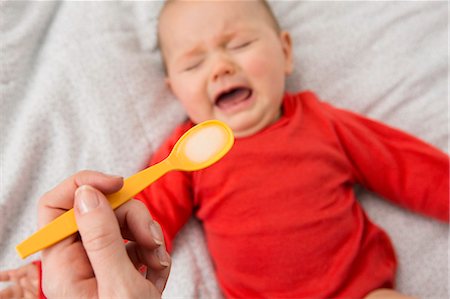 35. We could well get up at 8-8.15, but I'm in a hurry, I'm always afraid of being late will he close his mouth faster? That is, holding a spoon in your hand, will you quickly determine the feeling of fullness?
35. We could well get up at 8-8.15, but I'm in a hurry, I'm always afraid of being late will he close his mouth faster? That is, holding a spoon in your hand, will you quickly determine the feeling of fullness?
I also try to wake up with a reserve, because my daughter does not immediately jump out of bed, she will lie about 5 minutes more, well, all the morning preparations also take time - to wash, have breakfast, get dressed, comb my hair ...
I understood, simply explained, why for the majority it is unrealistic to go to bed at 7 pm.
and I’m worried at 1.2 that my daughter doesn’t eat well))
I feed with a spoon, then I let her finish eating, she’s already starting to play.
But no, on weekends my daughter goes to bed at the same 20-30, and wakes up herself around 8-30 - 9morning. Total - 12 hours of sleep. Well, it is unrealistic to put it down earlier, we are just starting to return from work, and the child will already be sleeping
Exactly .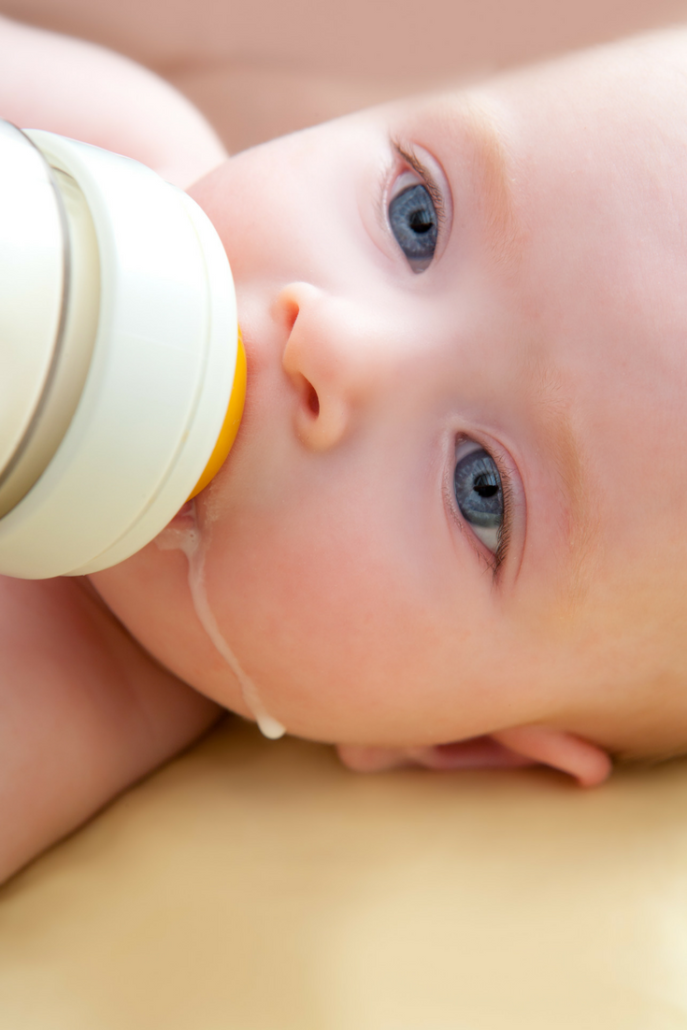 .. The child will not go to bed himself if the parents have just returned home. In addition, because of all the circles, there is really not enough time for anything in the evenings, and circles are right at school and are mandatory.
.. The child will not go to bed himself if the parents have just returned home. In addition, because of all the circles, there is really not enough time for anything in the evenings, and circles are right at school and are mandatory.
If she eats by herself, her mother will not be able to interfere with her process - this is a big plus.
this is sleepy! ))
Our saucer flew to the floor for a long time. The son could go hungry for days.
Even at 4 we eat on our own only in the kindergarten, but at home she wants her mother to feed him)) I don’t see anything wrong with that, before the wedding he will definitely learn to eat himself, and if not, then his wife will feed him from a spoon)))
At 2.3 I feed myself if liquid food. If the food is non-liquid and I see that my daughter is hungry and is not going to get out, I can leave her alone with a spoon. True, here you need to watch so that the plate does not fly to the floor "feed the dog"
True, here you need to watch so that the plate does not fly to the floor "feed the dog"
from the year she started trying, but she played more, closer to 1.8 she started on her own, only fed a couple of spoons, at 1.10 she went to the nursery, since then she doesn’t even let me in)))
my children are very different , she could feed her daughter even at 4, now she is 6. She sits at the table for 2 hours. And my son is 2, he eats himself and pretty quickly. You don't have to look up to others.
3.2. I feed from a spoon, otherwise I won’t eat anything at all. He picks in the garden, he comes hungry.
From 1.5 years. Daughter at this age said: "itself." Therefore, she sat her at the table, handed her a spoon, put a plate and left her to eat. True, then she washed everything after her. Now my daughter is 2.2, I can rarely supplement (if I really think that the child is hungry), because I think that the child eats as much as he needs and cram food with persuasion (when the child says "I don't want") - a harmful idea.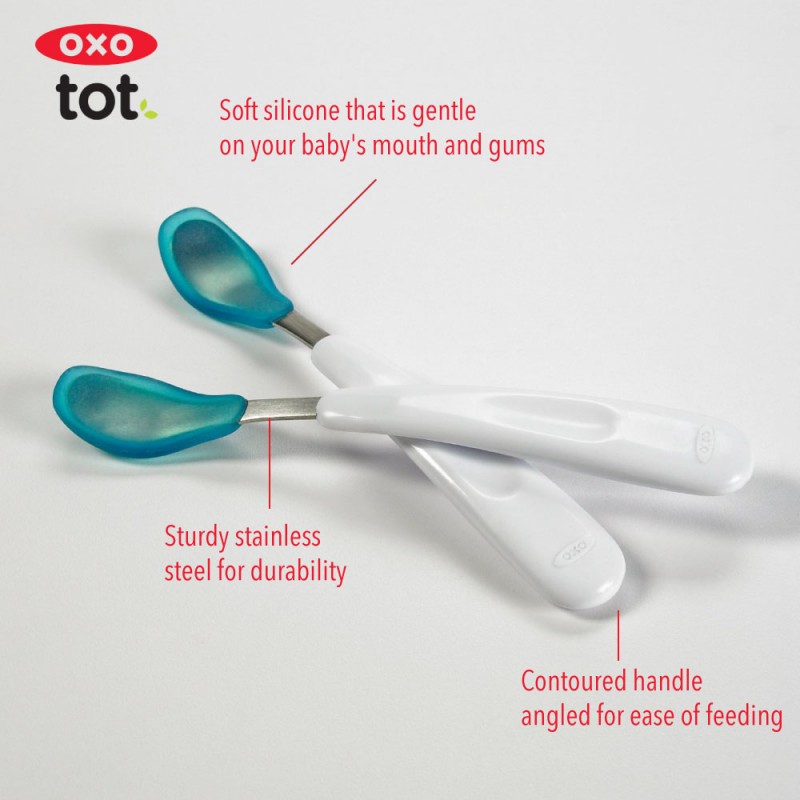
I agree with you about stuffing. But today she gave a spoon in her hands, tried it twice, gives it to me with the words MOM (feed her), I answer that she herself, reached into the plate with her hands, beat the porridge with a spoon, then took off her bib and turned away. They wrote above, which means they don’t want to eat, but 12 hours passed between the last meal, they fed again. So far I've left the experiments.
We are 5 years old soon, she eats by herself, she can rarely ask for supplements And what about such and such?
Look, not all children are the same, and your universal "recipes" are not for everyone.
Up to 1.5 years old. Then from time to time she helped with the soup to cope, and they themselves ate non-flowing food. There was, however, a funny moment when the stuffing was eaten out of the soup with a spoon, and the broth was drunk over the edge.
depending on what I have, I still give porridges and soups from a spoon (re 2.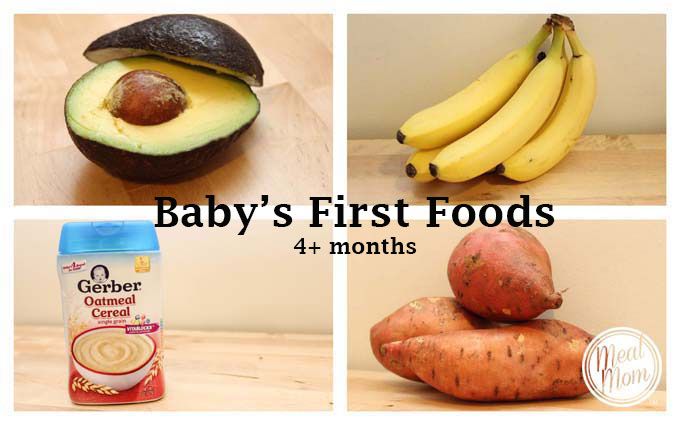 9) and I always eat all kinds of yogurts, curds, sausages, pasta and other "yummy"
9) and I always eat all kinds of yogurts, curds, sausages, pasta and other "yummy"
at 2 went to the garden, no more food, she eats herself.
up to 1.5, then herself, well, of course, she was sometimes like a pig, but at the age of 2 she ate very carefully, she first gave a spoon in her hands at 9m and up to 1.5 I fed and she paralleled herself
I had no problems with feeding - the youngest daughter looked at the eldest, she wanted to eat like a big one herself, of course, little got into her mouth, but she liked the process itself. But the eldest herself I started eating at about 2 years old, so I was prepared for the nursery. You don’t need to force food, the child just won’t like the procedure itself, give her the freedom to pick herself with a spoon in a plate (only not liquid dishes), so what gets smeared and dirty on the table and on the floor will be, the child will satisfy his desire, of course not immediately, gradually. And all parents have more patience!
She started eating at the age of 1.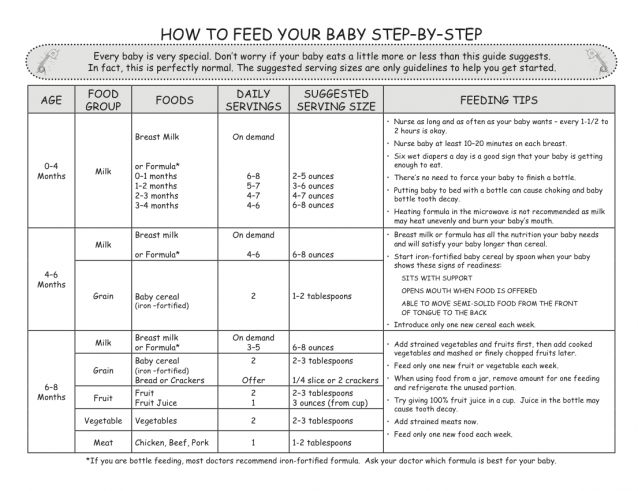 5, as soon as breastfeeding ended. If the daughter began to indulge at the table, then the food was removed and she had to wait for the next meal.
5, as soon as breastfeeding ended. If the daughter began to indulge at the table, then the food was removed and she had to wait for the next meal.
I fed for a long time, I don't remember exactly how much, but now at the age of 9 he eats very well by himself. Do not worry about this topic, learn, do what is more convenient for you.
The younger one has been eating and drinking by himself for a long time. But I still help the eldest, almost 6 years. He is underweight.
well, let it get dirty, let's eat by myself, my (1,10) knows how to eat by herself, but doesn't want to, she starts on her own and then "mom on" and gives me a spoon so that I feed, I feed, it doesn't bother me yet .. .sometimes it gets dirty sometimes not, on the contrary, it collects everything around the mouth with a spoon, it depends on the state of her soul)) she no longer spills from the mug ...
Just don't laugh, but when reading the topic, the first thing I wanted to ask was: does it happen that children themselves don't eat? I handed over my spoon at 6 months, but since up to a year and a half she was practically at full breastfeeding (yes, she gained weight, and grew, and developed quite normally), she only picked my plate with a spoon, which I calmly allowed, seeing in this food supplement.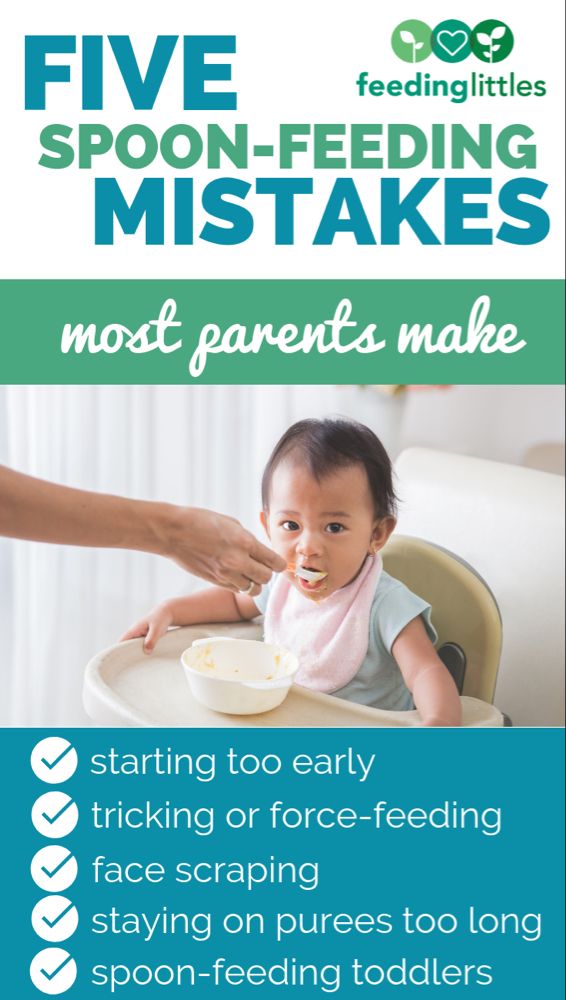 At one and a half, interest in the fork appeared, the fork was handed over (plastic). At two and a half, I turned off the GV and transferred to full independent nutrition. The spoon and fork were still interesting, already as full-fledged "tools of labor". In fact, since I was two and a half years old, I don’t know that the “feed the baby” function involves anything more than putting a plate of food in front of him. And, well, yes, all the fun at the table was stopped immediately. And now (daughter 8 years old) - no TV sets, games and other things during meals.
At one and a half, interest in the fork appeared, the fork was handed over (plastic). At two and a half, I turned off the GV and transferred to full independent nutrition. The spoon and fork were still interesting, already as full-fledged "tools of labor". In fact, since I was two and a half years old, I don’t know that the “feed the baby” function involves anything more than putting a plate of food in front of him. And, well, yes, all the fun at the table was stopped immediately. And now (daughter 8 years old) - no TV sets, games and other things during meals.
My daughter was on breastfeeding until she was 7 months old, then she began to give her infant formula, at 11 months. it so happened that while my husband and I were distracted, the child deftly ate mashed potatoes from a plate; mashed potatoes, of course, had everything, but from that moment I handed her a spoon and at 1.3 she already skillfully ate with a spoon and fork.
But you can delay the moment, but no matter how late you give your child a spoon, at first he will still spoil you
PPKS. Does not want to eat - does not eat. Wants - eats. But do not involve me in the process of eating food. My job is to cook, put on the table and, if there is a time limit, mark the time for food.
Does not want to eat - does not eat. Wants - eats. But do not involve me in the process of eating food. My job is to cook, put on the table and, if there is a time limit, mark the time for food.
sometimes)) it even happens that if you feed, they don't eat anyway)) everything happens...
Up to 3 years of all three at the same time!
She didn't feed, or rather, she fed herself only when it was necessary to urgently pack up somewhere and run away. Somehow, abruptly, she immediately began to eat herself, albeit with a complete washing of the child and the kitchen. Now 4 - I can feed and supplement if I feel like it
6.5 years, sometimes I want to feed myself. Romych stoically endures the "tsunami of mother's love" of five spoons, then takes the spoon and says apologetically, "I'm on my own now, okay?"
At the age of 1.5 he began to eat periodically.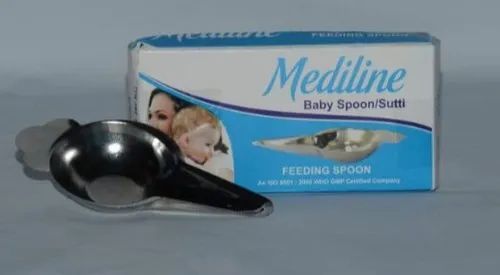 From the age of 2.5, he definitely ate himself, but - under my control.
From the age of 2.5, he definitely ate himself, but - under my control.
I began to leave uncontrollably when my son was 5 years old, I think. Now at almost 7 he can cook breakfast for himself and warm up the food, and eat by himself.
Don't worry, your girl will do everything!
Honestly, in vain.
I could have gone to bed at 7 and 8. But I still get up much harder than my husband and son. And if I slept 12-13 hours, it will still be hard for me to get up.
My son and husband are just like your children: they jump up invigorated after 5 hours of sleep. I envy them...
6 years old. I sometimes feed some dishes myself from a spoon. Soup or porridge - something that does not want to eat, but it is necessary. He eats 2-3 tiny spoons himself and that's it, then I finish a couple more.
what if he screams, cries either immediately or a little later? she calms down only in her arms, and she also needs to feed the older one, I also need to eat . ..
..
Do not feed the little one until the next meal? I'm trying at least something that she likes to shove, it doesn't seem right...
To eat more?
And why did they give you an iron bowl, if it's not a secret?
I saw with a friend how her 6-year-old son was eating soup from an IRON bowl, I was already stunned
Somewhere around 1.5 I began to eat it myself - I'm on the hook. Well, it also gets a little dirty - so I still think it will take a long time, spill, drop. I feed only if we are late for something, and then, my daughter resists, takes the spoon with the words "I myself!". Now 2.4, goes to the garden, eats herself almost always.
She has been drinking from a cup since exactly the year
at 11 months already ate by himself
Began to eat by himself with a spoon for about a year. He didn’t bring everything to his mouth, he got dirty himself and everything around. She fed herself with the second spoon (to feed).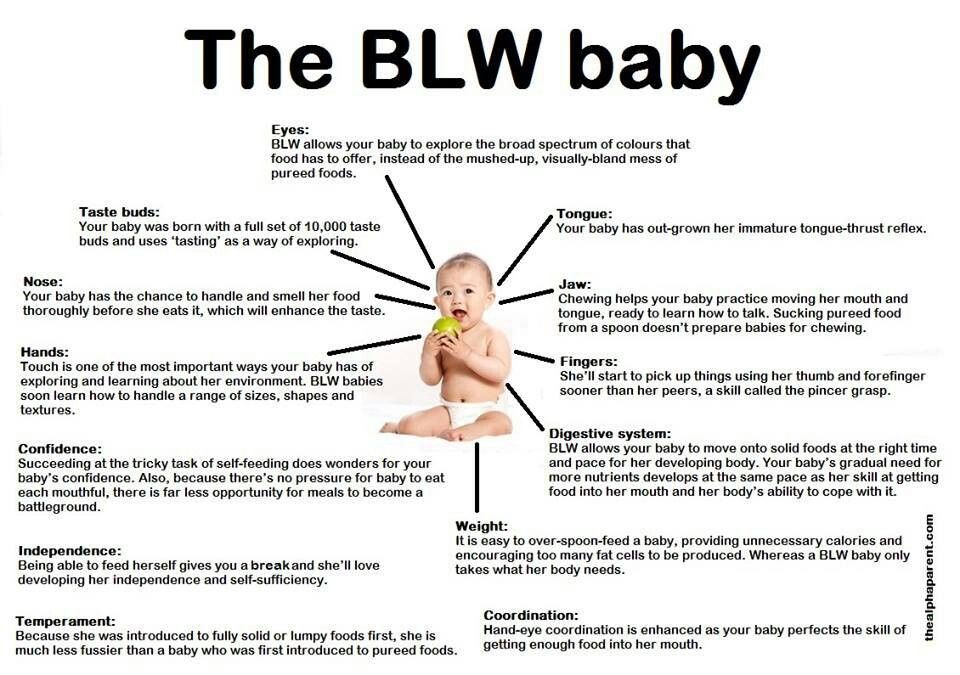 And now sometimes 5.5l plays with a little one - I feed from a spoon)))
And now sometimes 5.5l plays with a little one - I feed from a spoon)))
And we are almost 8
I started eating by myself for about a year. now 2.5 - and I feed. we have periods))
I feel that sometimes she wants to be fed))
She began to eat on her own at a year and a half (meaning without pampering, carefully), up to about 2.4. Then wedged - I'm a baby, and I need to be fed. Now 2.8 - every other time - when she herself, when I feed))
I learned how to eat in the kindergarten at about 3 years old. Houses still sometimes ask to feed him, now we are 4.8. I feed because I'm very skinny
Up to about two years, maybe a little more or less. I remember exactly that at two and a half I ate by myself and did not allow anyone to feed the Elder Nurse in much the same way, but he went to the nursery at 2.3 and there he quickly learned to eat without help, and usually ate on his own, but sometimes I told him "helped"
and I, now it's 6, 4 - he eats in the garden, and at home - I feed.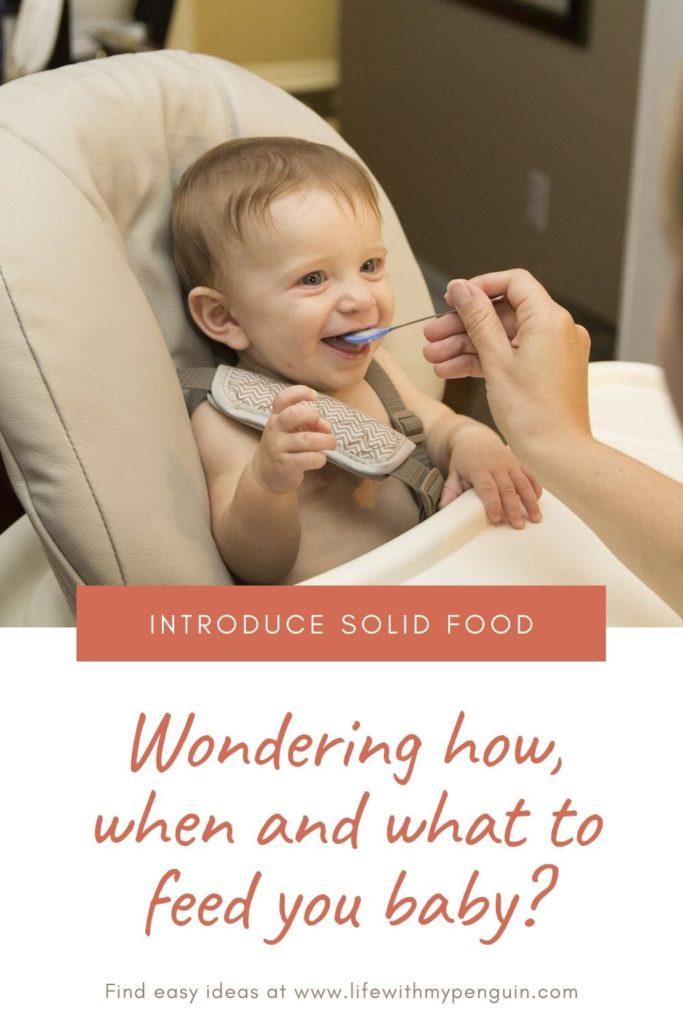
Up to 3 for sure, now 3.5 sometimes I supplement.
pass! =)))))))))))))))))))))
3 years I feed him what he likes to eat himself
And we are here for you! We are 12, I also feed. And I will continue no matter what anyone says, I don’t want to injure the child’s psyche!
I still sometimes feed myself, although we already go to the garden. And so, somewhere after a year, she tried to hold a spoon herself, helped, but by the age of 2 she ate well, albeit sometimes past her mouth. Well, they immediately began to drink from a cup, because. there were no bottles, they were on GV. We are 2.5 years old.
no, the coach forbade us to feed and change clothes, discipline is above all else. As a result, after they stopped feeding and insisting on eating, he began to eat better. Or maybe the loads had an effect
the only thing left to do is to find a husband (wife) who knows how to spoon-feed
the elder wished to eat by himself at 1. 6, the younger at 1.1 demanded independence. so they have been eating ever since. at first they were very piggy and themselves and everything around, but every day everything is cleaner and better.
6, the younger at 1.1 demanded independence. so they have been eating ever since. at first they were very piggy and themselves and everything around, but every day everything is cleaner and better.
I'm a little shocked that so many people feed children from 5 years old and beyond ... not that it would be against it, it just somehow didn’t even cross my mind, although I have a child of five years old, like one of those who eat very poorly. All sorts of soups, cereals, just a couple of spoons will pick up and I ate everything, but for me it’s like this: I ate, go for a walk, sit next to me and feed him it didn’t even occur to me. I try to just cook what the child is guaranteed to eat, and even if it is a very limited set of products, but no hassle with food.
He eats completely by himself, probably from the age of 3.
If I cooked only what my child is guaranteed to eat, she would eat only dumplings, pasta with sausages and scrambled eggs. In general, it is surprising why my child, from the whole variety of dishes, ends up choosing exclusively useless food.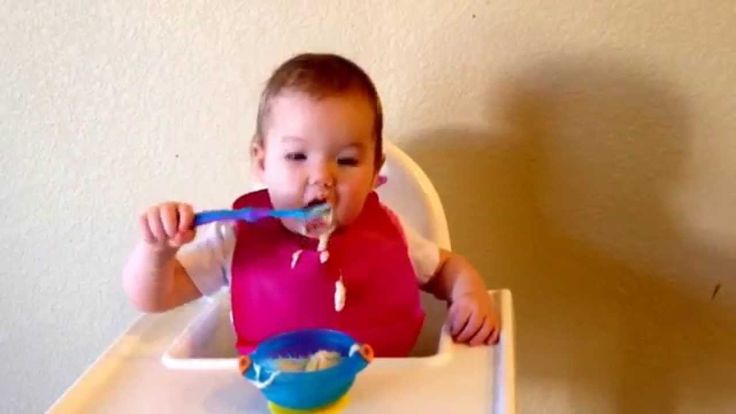
There are no sausages, dumplings and sausages in our house at all, I also consider them useless. I rarely make homemade dumplings, my son eats them, but again without enthusiasm.
my eats:
First breakfast - a glass of milk with biscuits, or a couple of bottles of Actimel. An hour and a half not earlier than the second breakfast - porridge, until recently it was only one buckwheat filled with milk, and then, a couple of weeks ago, he told me that he fell out of love with buckwheat, and fell in love with oatmeal, although before that he started vomiting from oatmeal. Now it means he eats oatmeal, not a lot, but he eats a couple of spoons, which I am glad about. Either oat flakes are not soaked in milk, which he eats until the flakes are soaked, as soon as the flakes are soaked, the whole plate is set aside and this is either in the trash or I finish eating
For lunch, the soup is boiled chicken breast, broth, some noodles, a little bit of onion and carrots. the son does not eat any other soup. Or meat in the form of chicken cutlets, he does not eat meat in any other form. Well, only finely chopped chicken breast in the soup. Garnish with pasta or rice. At lunch, he always eats one thing, either the first or the second. Moreover, if there are pasta on the same plate and the cutlet will eat the pasta, and put the cutlet aside, after much persuasion, he will eat a quarter of the cutlet. If you put a cutlet separately without a side dish, he will eat it with pleasure, but if you ask what he wants more, the choice is always on the side of pasta.
the son does not eat any other soup. Or meat in the form of chicken cutlets, he does not eat meat in any other form. Well, only finely chopped chicken breast in the soup. Garnish with pasta or rice. At lunch, he always eats one thing, either the first or the second. Moreover, if there are pasta on the same plate and the cutlet will eat the pasta, and put the cutlet aside, after much persuasion, he will eat a quarter of the cutlet. If you put a cutlet separately without a side dish, he will eat it with pleasure, but if you ask what he wants more, the choice is always on the side of pasta.
Snack agusha cottage cheese, actimeli and something sweet.
For dinner, also curds, maybe some sandwiches with butter and cheese, maybe occasionally eat syrniki, sometimes he eats an omelet (he eats chicken eggs only in the form of an omelet) or a dozen or one and a half quail eggs.
He only eats fruit if he sticks it directly into his hand, if there is a plate of fruit on the table, he will not even look at them.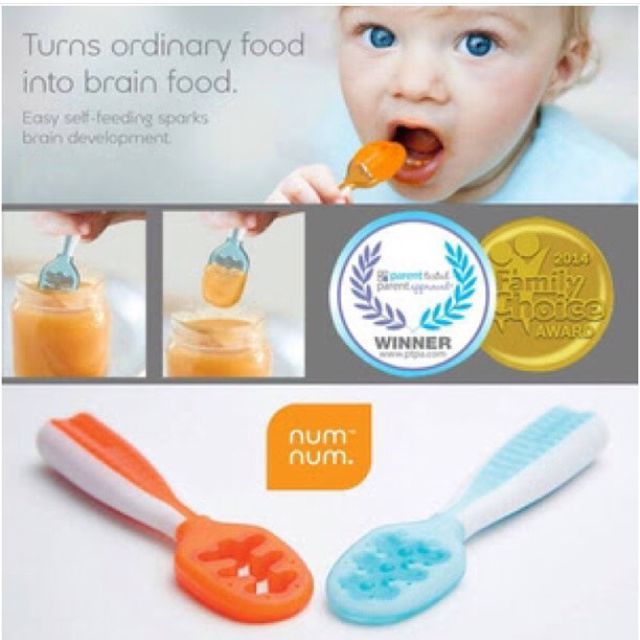 Of the fruits, he eats only green apples, conference pears, sweet tangerines and bananas.
Of the fruits, he eats only green apples, conference pears, sweet tangerines and bananas.
That's actually our whole menu, in principle, he eats all this quite tolerably. Although there are days when I pick up a couple of spoons and ate, well, I don’t force in such cases, well, I don’t feed myself.
We still sometimes feed the older one (7 years old), and the little one already now (he just turned 2 years old) swears that we touch the spoon) the characters of the children are different ...
I started cooking (abruptly) at the age of 19, when life forced me to. and now I set such tables ... until this age, I could only portray scrambled eggs and fry potatoes. don't sweat it.
How to spoon feed? - Encyclopedia Baby food
Levchuk Victoria © An article for those who supplement with a spoon or how to feed with a spoon. We will not discuss whether it is useful to supplement / spoon feed a child, about the benefits of independence, etc. Let's talk about the right and wrong way to spoon feed. The wrong way is to raise your hand up when you take the spoon out of the child's mouth. This method cleans the spoon from food on the teeth, gums or upper lip.
Let's talk about the right and wrong way to spoon feed. The wrong way is to raise your hand up when you take the spoon out of the child's mouth. This method cleans the spoon from food on the teeth, gums or upper lip.
Scraping is not a normal, natural way of feeding. This method of feeding prevents the lips from doing their job and shrinking around the spoon. In this case, the child's head leans back when he tries to lick the spoon and swallow food.
Most often we see well-intentioned parents putting a spoon in their child's mouth. The adult lifts the spoon and cleans the spoon most often on the baby's upper lip . This can be an effective way of getting food into the child's mouth, but the child does not practice using the muscles of the lips, cheeks, and jaw in a more controlled and mature manner.
Table of contents:
Have him see and smell the food before putting it in his mouth. Let your child touch the food with their fingers before putting it in their mouth.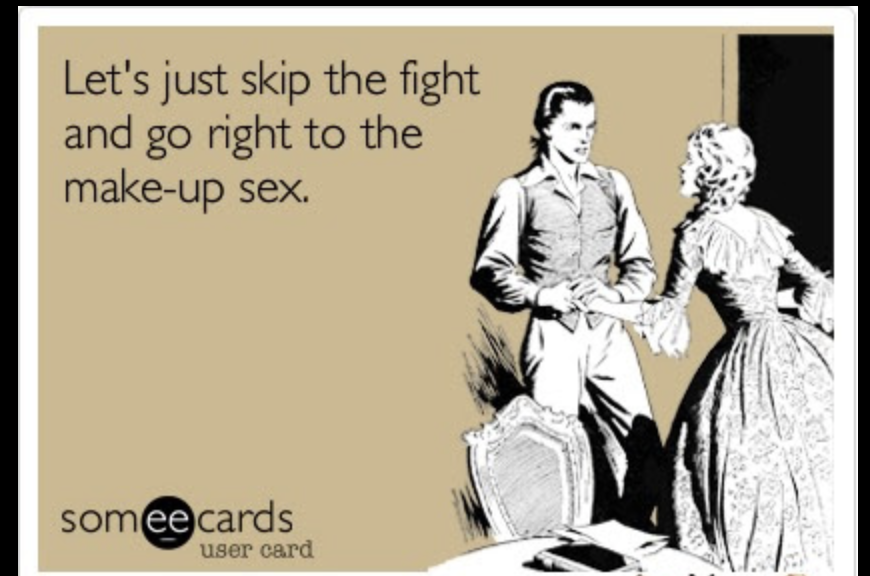 He might want to dip his finger into the plate and lick it, okay. The first time feeding is necessary, the baby is exploring the world in this way.
He might want to dip his finger into the plate and lick it, okay. The first time feeding is necessary, the baby is exploring the world in this way.
2. Put the spoon on the tongue and hold it there until the child closes the lips.
3. Then take the spoon straight out of the mouth (not at an angle). The chin should remain straight and not rise up. The child must learn to eat food, and thoughtless swallowing does not teach anything. If the mother undertook to feed the child from a spoon, then we do it right.
4. Failure . If he refuses, then offer the child several times, you can just get your lips dirty in food so that he licks them in order to feel the texture and taste of food on his lips in a playful way. Let's not rush.
Related articles:
- How to teach a child to chew?
- At what age does a child begin to eat independently?
Spoon-feeding and speech
What is spoon-feeding? Just opened, chewed, closed.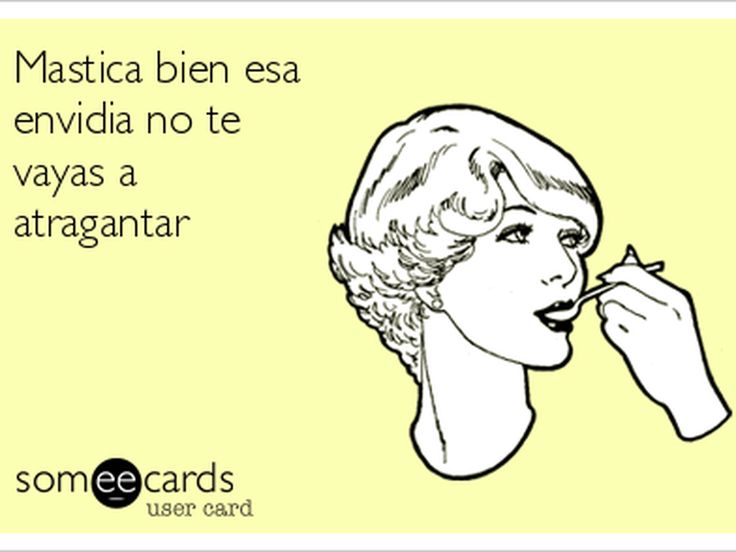 But it turns out that the sensory-motor system is involved in the process of spoon-feeding. Here are a few examples of the benefits of proper spoon feeding.
But it turns out that the sensory-motor system is involved in the process of spoon-feeding. Here are a few examples of the benefits of proper spoon feeding.
1. When the spoon is fed into the mouth in a forward/forward motion, the child must use the lip muscles to clear the spoon of food. These are the same muscles that are used to create the sounds "M", "P", "B".
2. The suggestion of a spoon straight will make it easier to round the lips. Rounding the lips helps to make the sounds "O", "U", "A".
3. Offering a spoon from the side or corner of the lips will make it easier to close the lips. Closing the lips helps to make the sounds "M", "P", "B".
4. Closing the lips is also important for controlling saliva and keeping food in the mouth while eating.
5. Over time, the spoon helps the child practice using the jaw muscles as they open and close their mouth to eat in a more controlled way.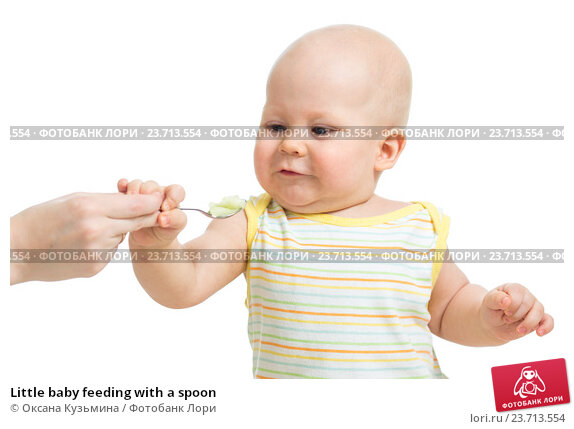
How can I help my child eat from a spoon?
Children should instinctively close their lips, but if they don't, there are a few things that can be done to help oral-motor skill:
until the lips close.
2. Light pressure on the tongue can be used to close the lips.
3. For children with oral-motor problems, 9 can be selected0359 vibrating spoon , and also massage the gums before eating.
4. It may be necessary to stretch the lips beforehand to help close the lips.
Gymnastics to learn to close the mouth
There are many different lip stretching techniques that parents can try to spoon feed their baby:
- Gently pull out the upper lip with the pad of your finger. Repeat on the lower lip, gently stretching it up.
- Gently pinch the filtrum or philtrum (the skin between the nose and upper lip) and pull downwards.


